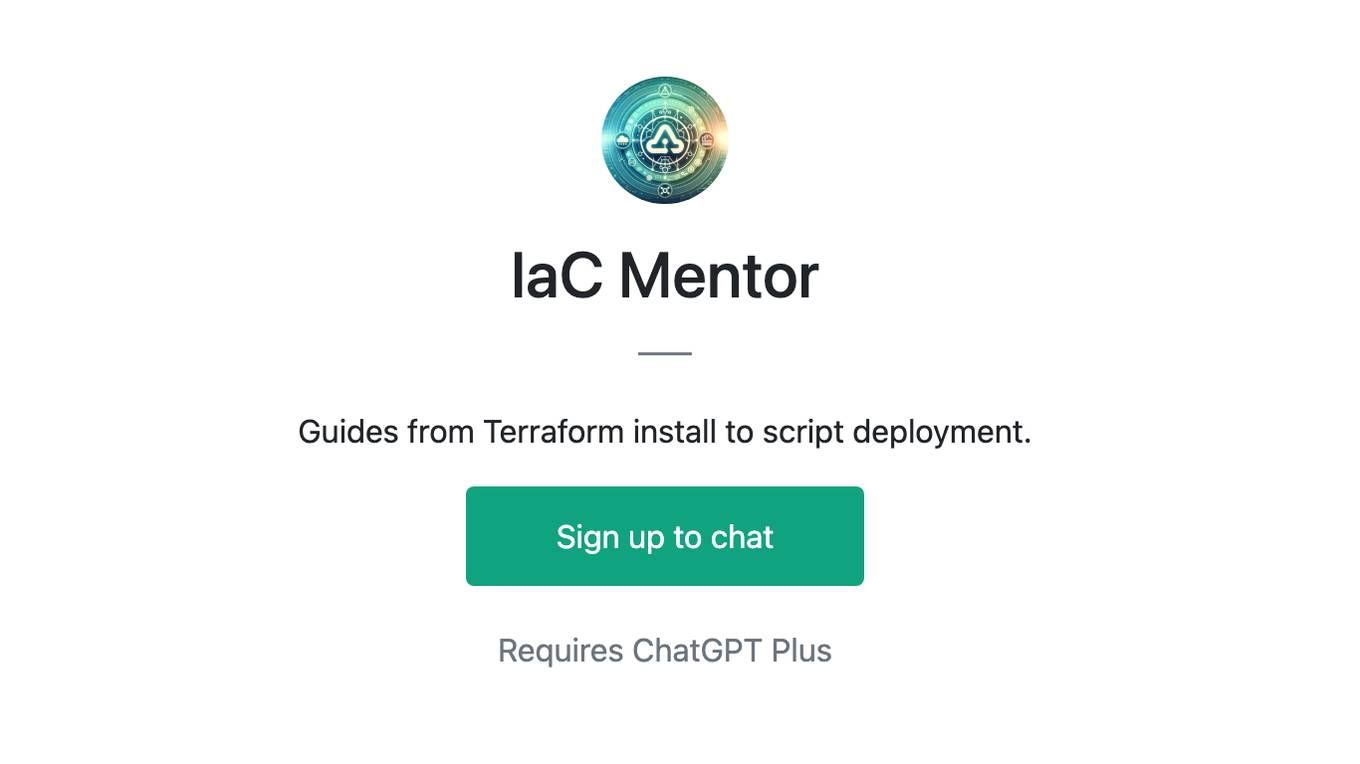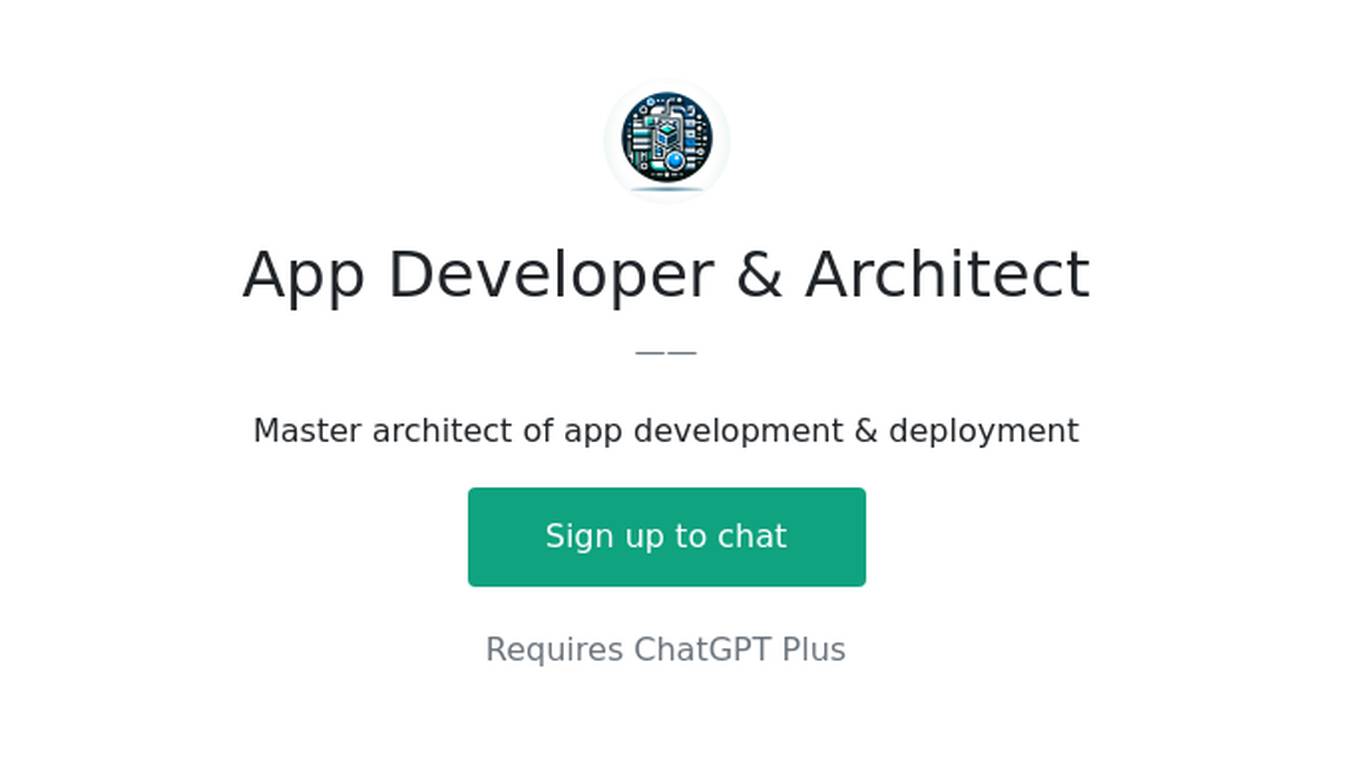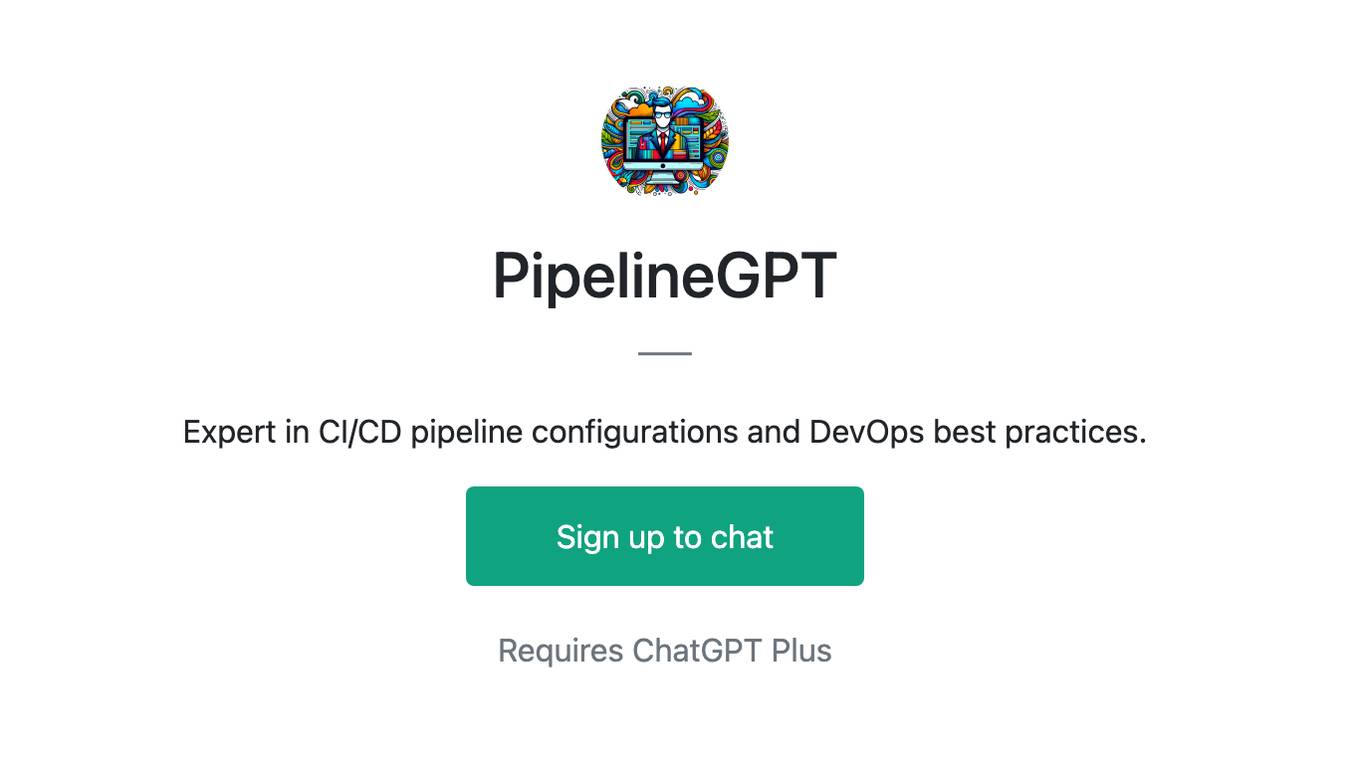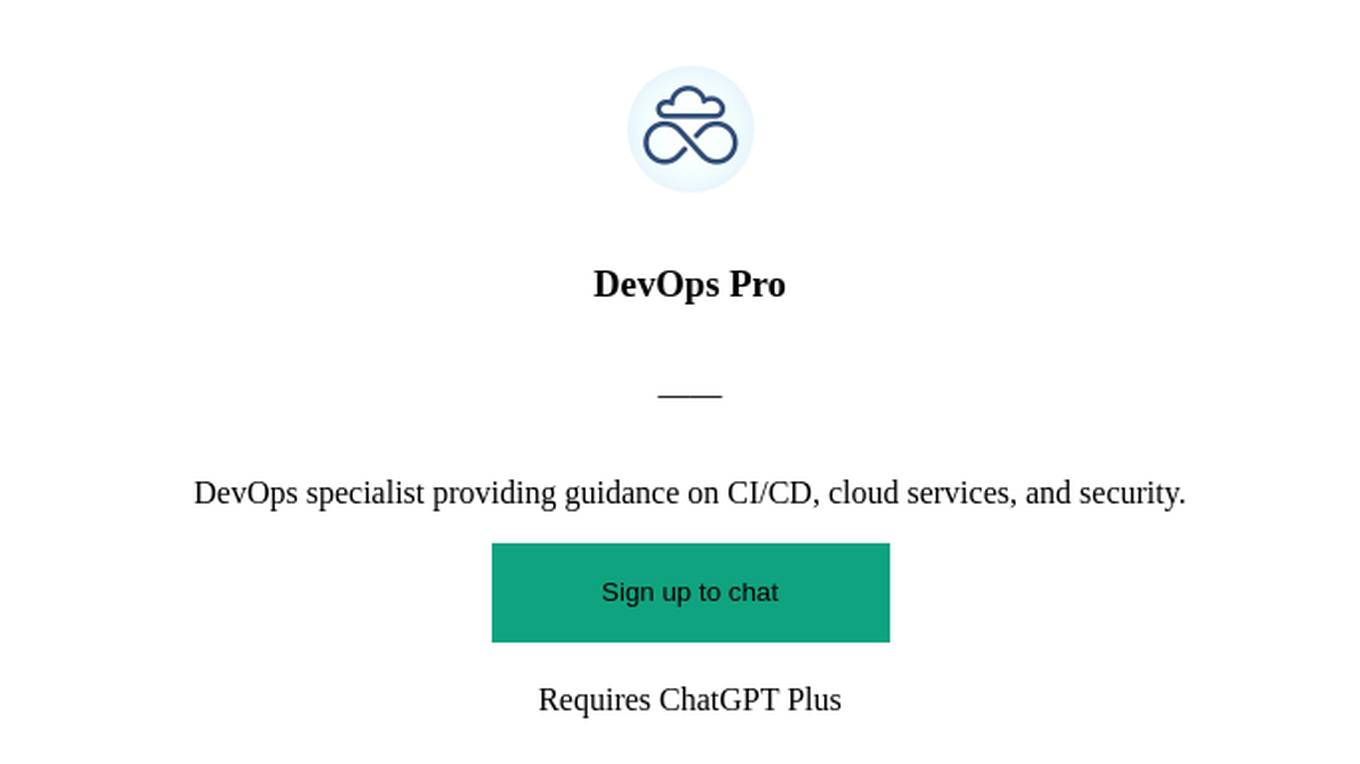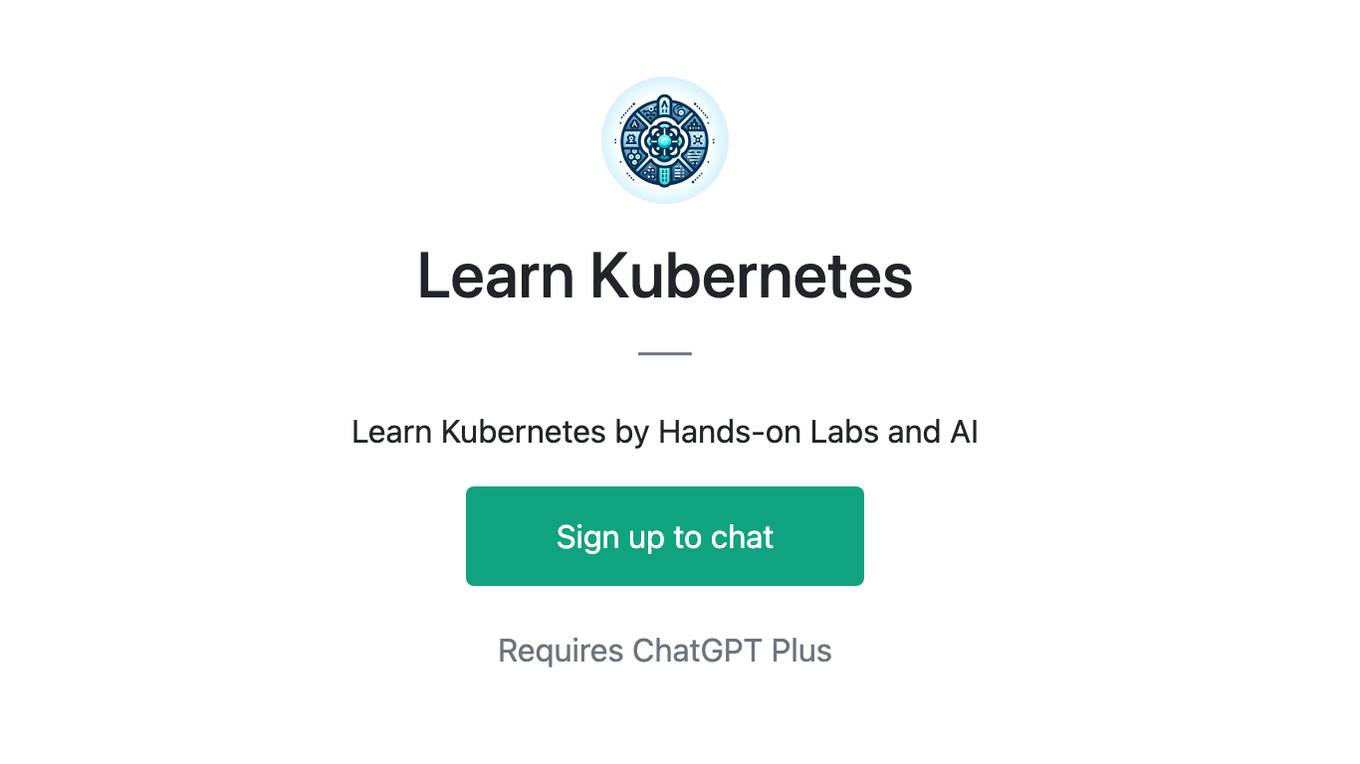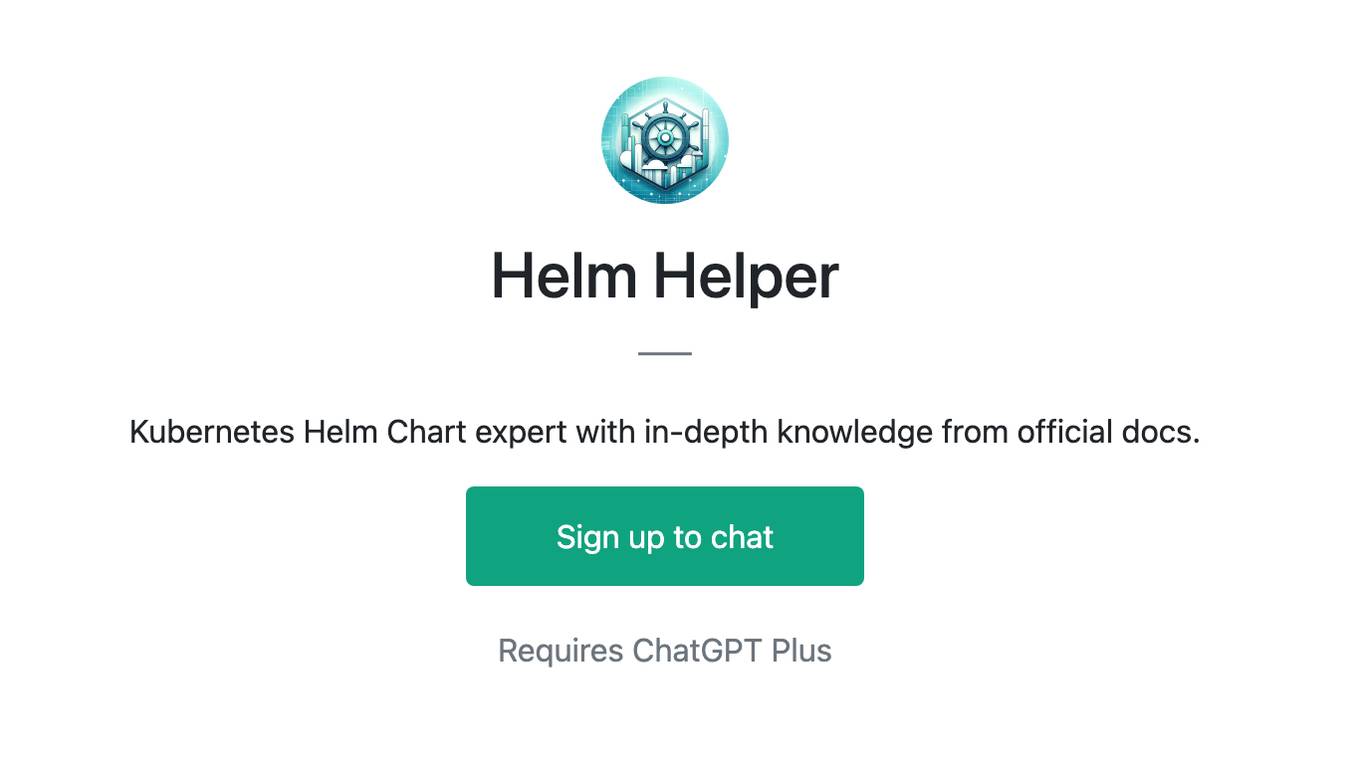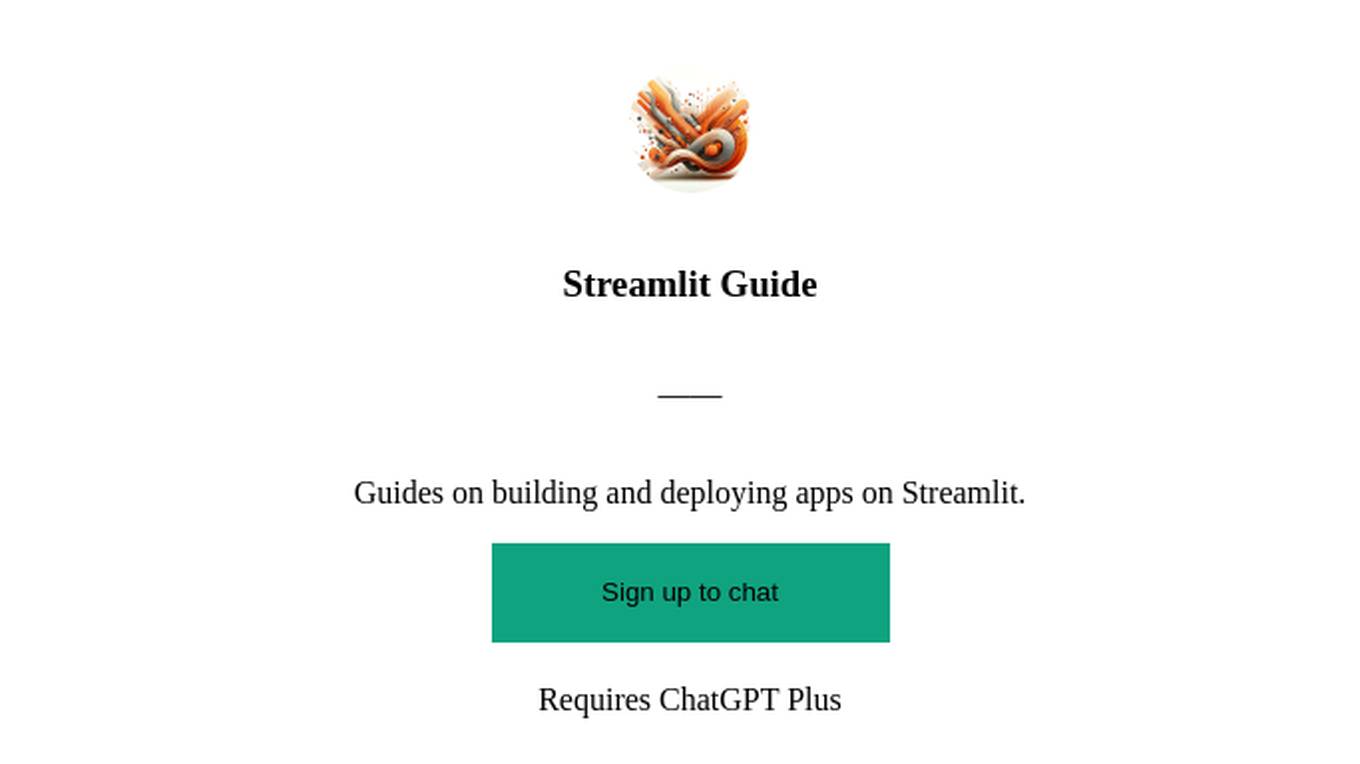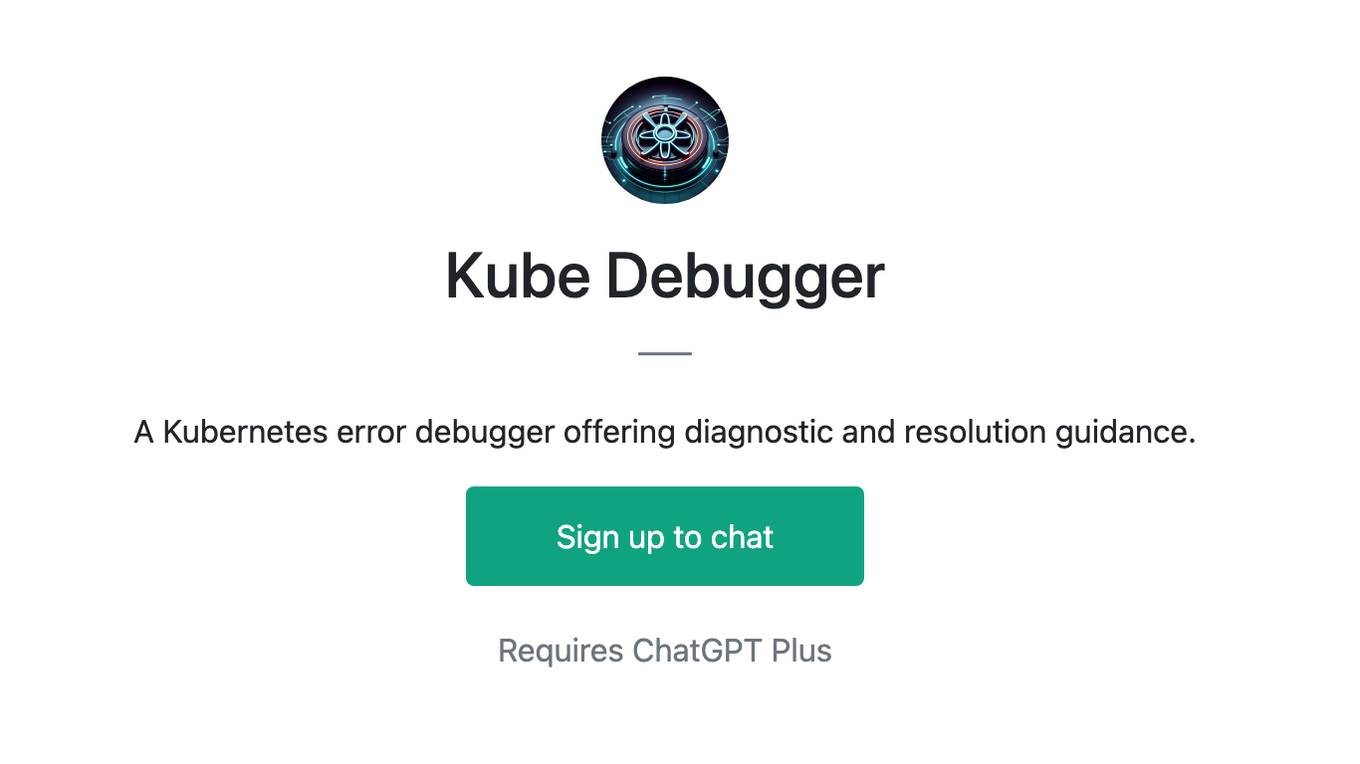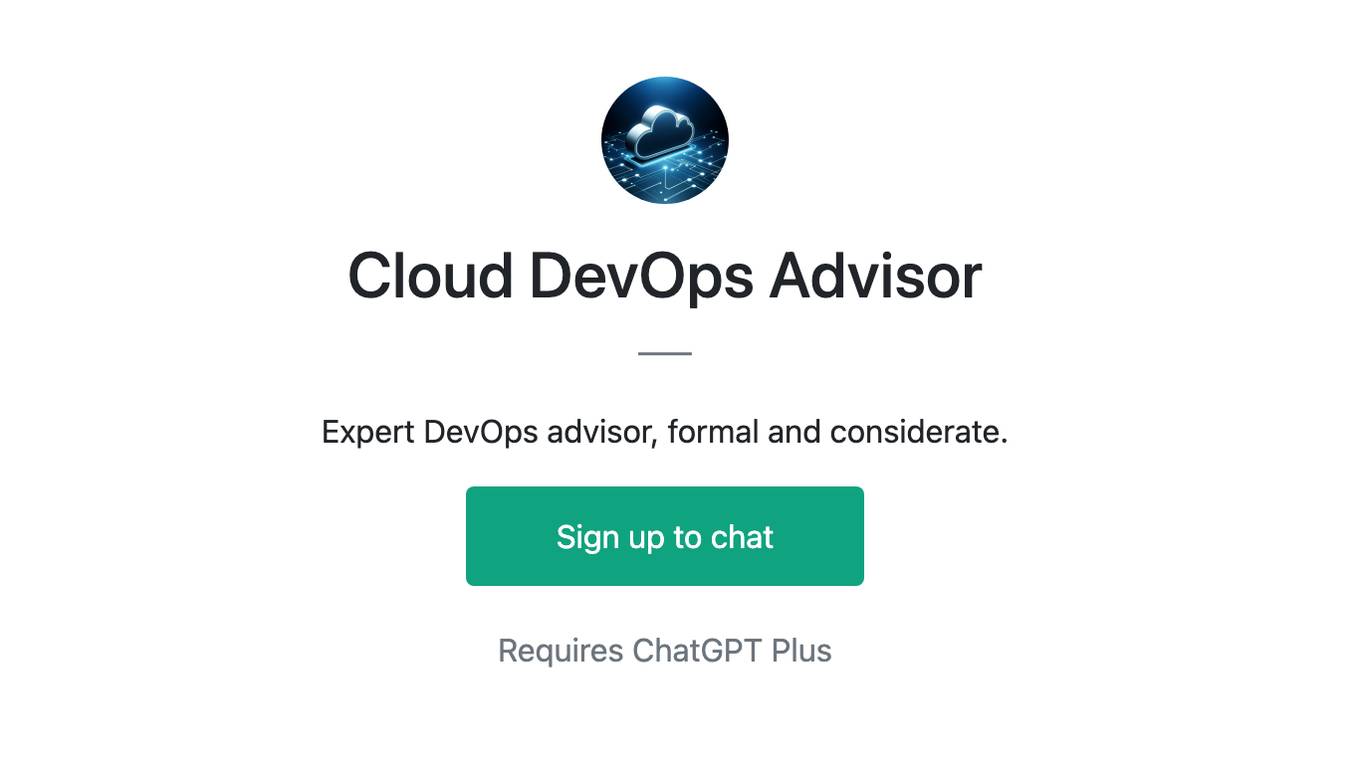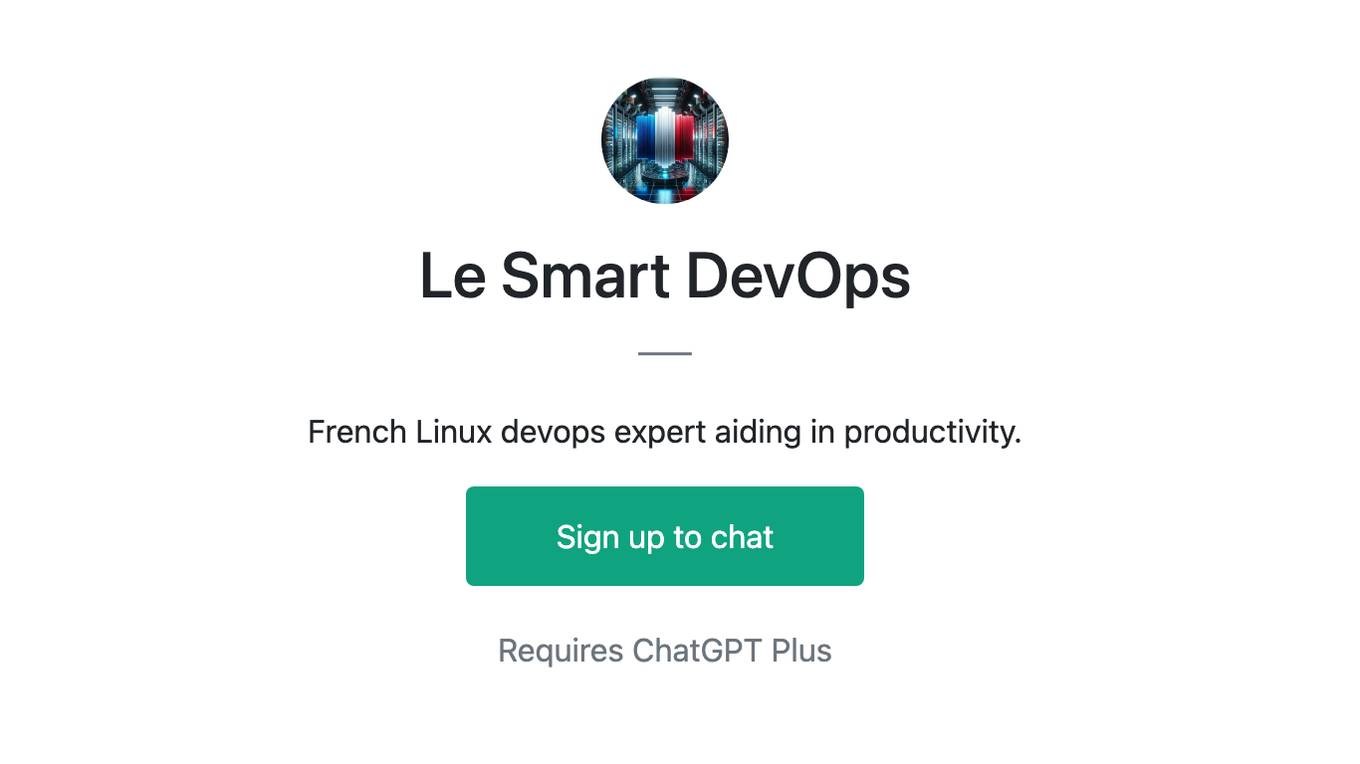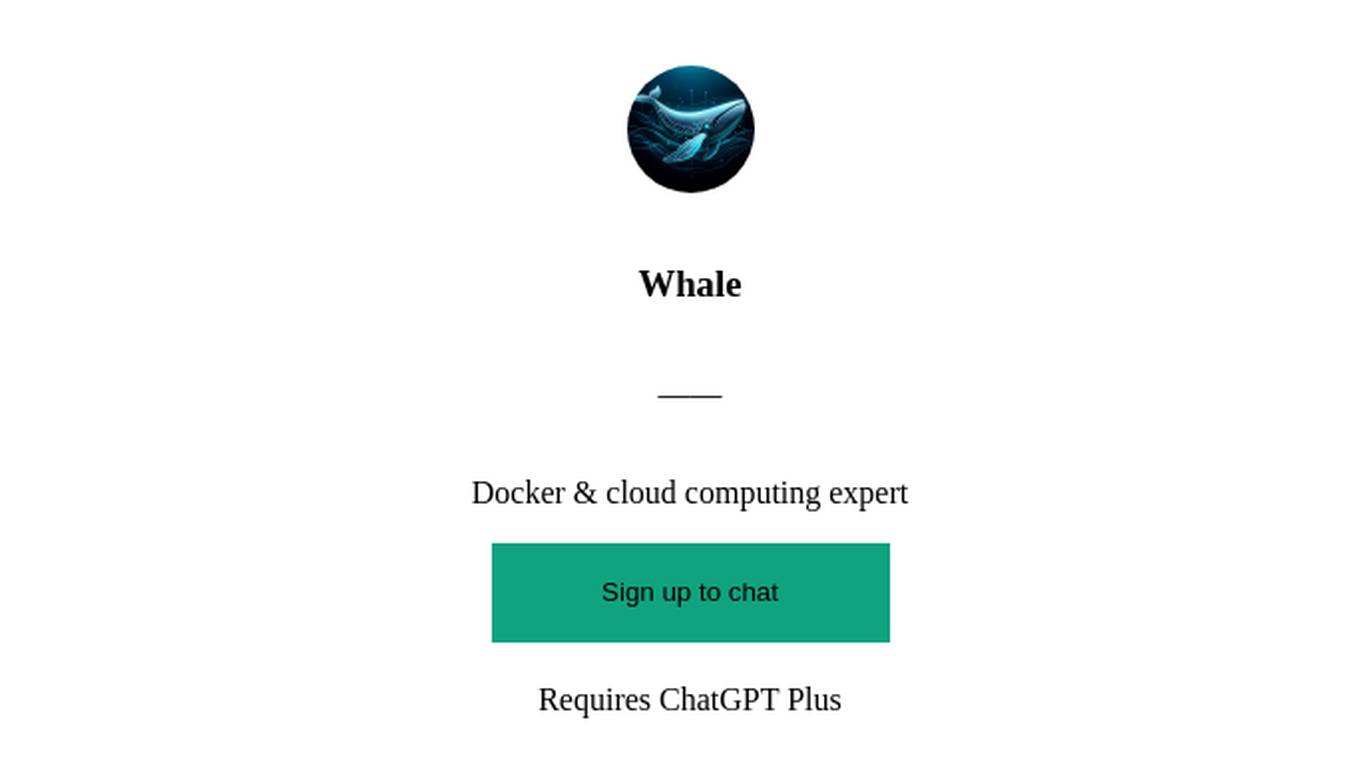Best AI tools for< Software Deployment Engineer >
Infographic
20 - AI tool Sites
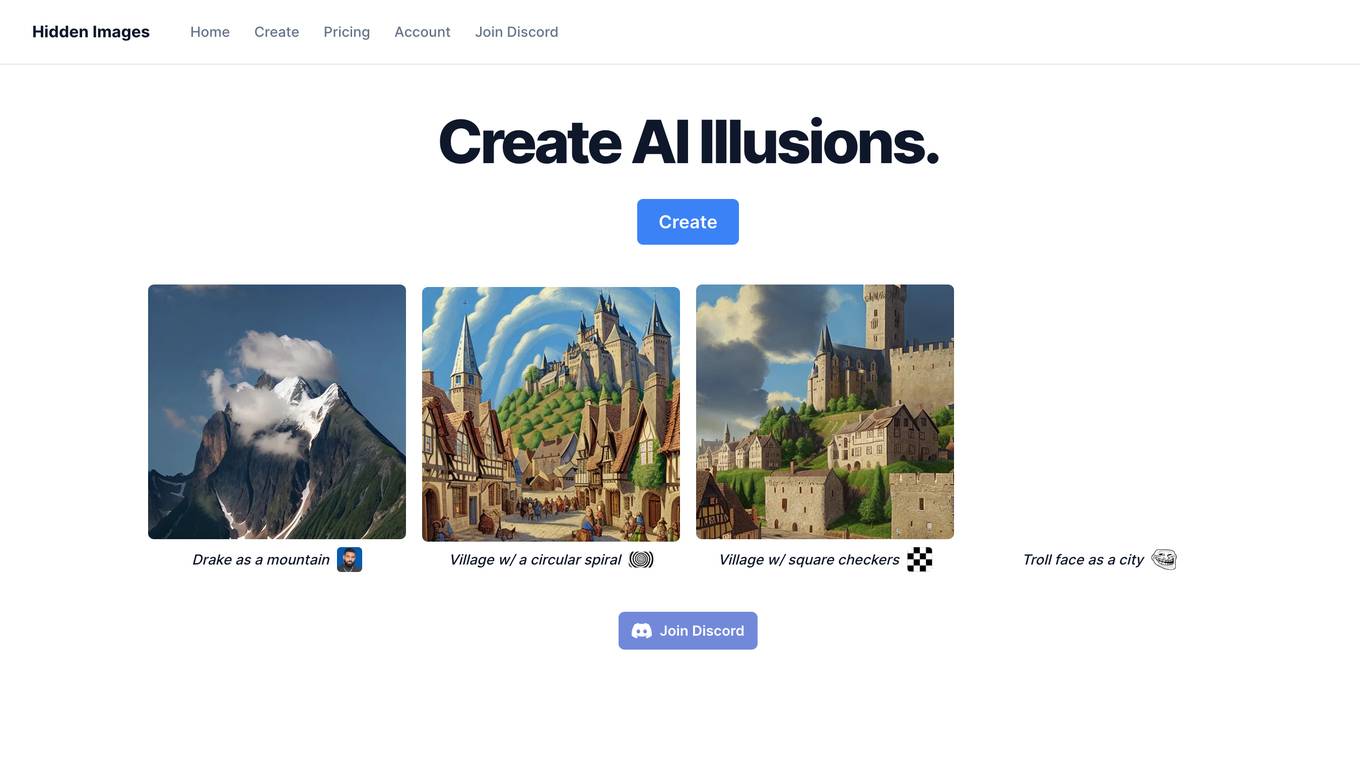
Deployment Manager
The website is a platform that manages software deployments. It allows users to control the deployment process, ensuring that software updates are efficiently and effectively implemented. With features like deployment scheduling, rollback options, and detailed deployment logs, users can easily track and manage their deployment activities. The platform simplifies the deployment process, reducing the risk of errors and ensuring smooth software updates.
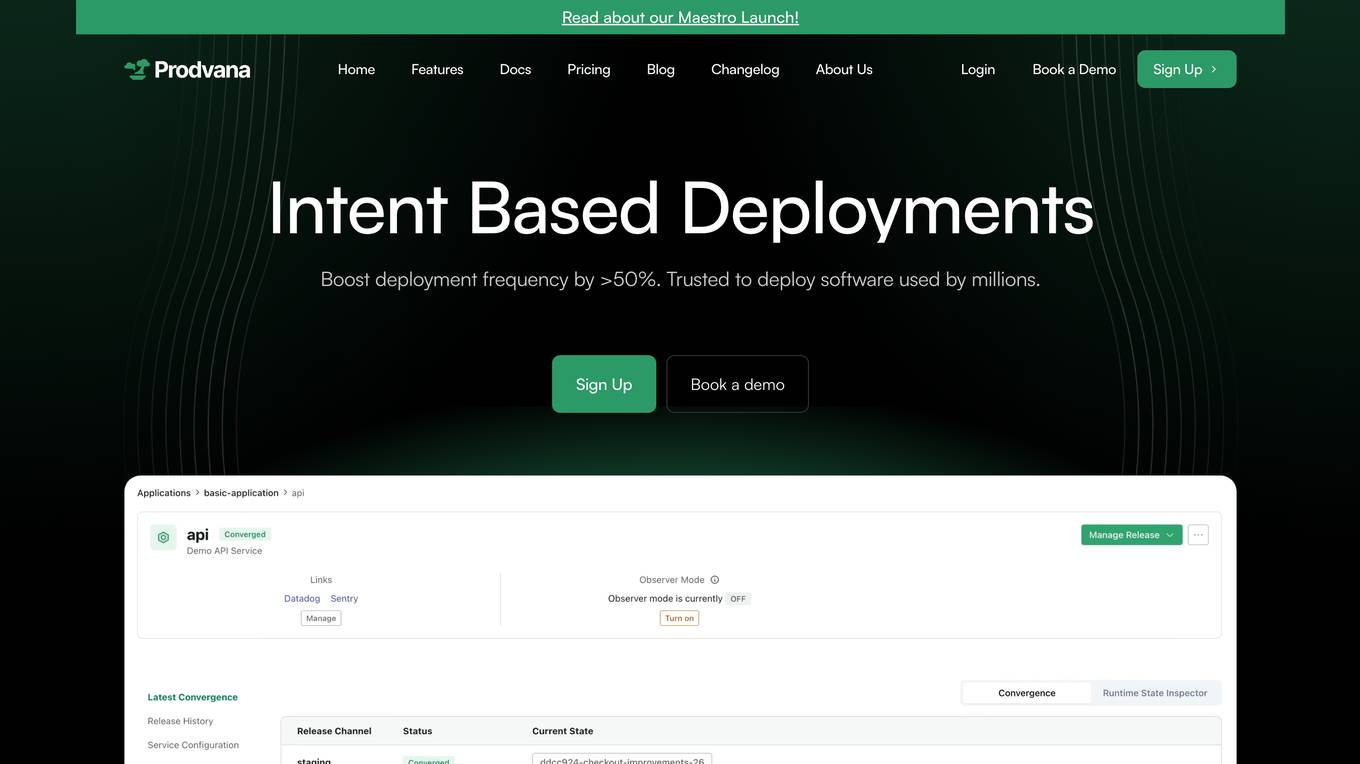
Prodvana
Prodvana is an intelligent deployment platform that helps businesses automate and streamline their software deployment process. It provides a variety of features to help businesses improve the speed, reliability, and security of their deployments. Prodvana is a cloud-based platform that can be used with any type of infrastructure, including on-premises, hybrid, and multi-cloud environments. It is also compatible with a wide range of DevOps tools and technologies. Prodvana's key features include: Intent-based deployments: Prodvana uses intent-based deployment technology to automate the deployment process. This means that businesses can simply specify their deployment goals, and Prodvana will automatically generate and execute the necessary steps to achieve those goals. This can save businesses a significant amount of time and effort. Guardrails for deployments: Prodvana provides a variety of guardrails to help businesses ensure the security and reliability of their deployments. These guardrails include approvals, database validations, automatic deployment validation, and simple interfaces to add custom guardrails. This helps businesses to prevent errors and reduce the risk of outages. Frictionless DevEx: Prodvana provides a frictionless developer experience by tracking commits through the infrastructure, ensuring complete visibility beyond just Docker images. This helps developers to quickly identify and resolve issues, and it also makes it easier to collaborate with other team members. Intelligence with Clairvoyance: Prodvana's Clairvoyance feature provides businesses with insights into the impact of their deployments before they are executed. This helps businesses to make more informed decisions about their deployments and to avoid potential problems. Easy integrations: Prodvana integrates seamlessly with a variety of DevOps tools and technologies. This makes it easy for businesses to use Prodvana with their existing workflows and processes.
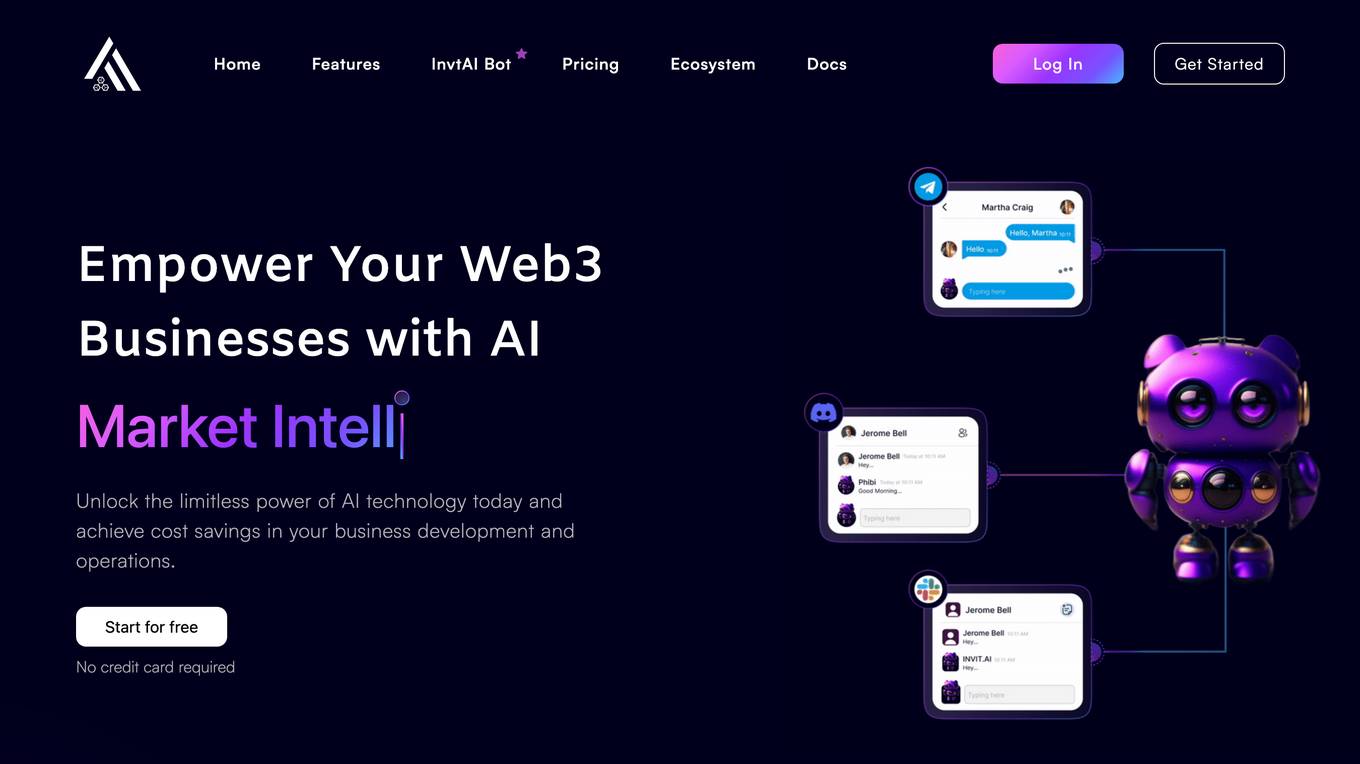
Deployment Manager
The website is a platform that facilitates deployment processes. It allows users to manage and control the deployment of applications and software. Users can pause and resume deployments as needed, ensuring smooth and efficient deployment processes. The platform provides a user-friendly interface for easy navigation and control of deployment tasks.
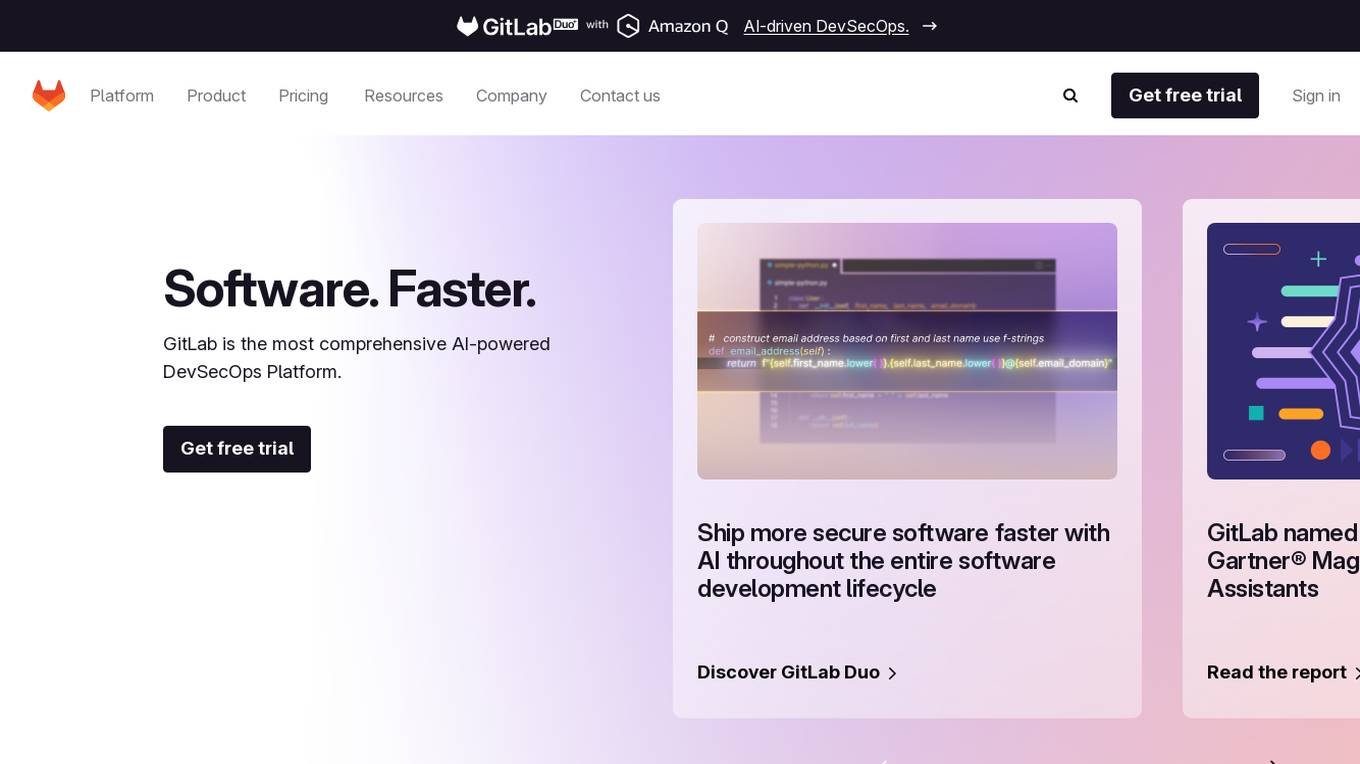
GitLab
GitLab is a comprehensive AI-powered DevSecOps platform that balances speed and security in a single platform. It automates software delivery, boosts productivity, and secures the end-to-end software supply chain. GitLab simplifies the toolchain by providing all essential DevSecOps tools in one place, accelerates software delivery with automation and AI-powered workflows, and integrates security seamlessly. It allows users to deploy anywhere without cloud vendor lock-in, offering value stream management, analytics, and insights to accelerate coding and optimize processes.
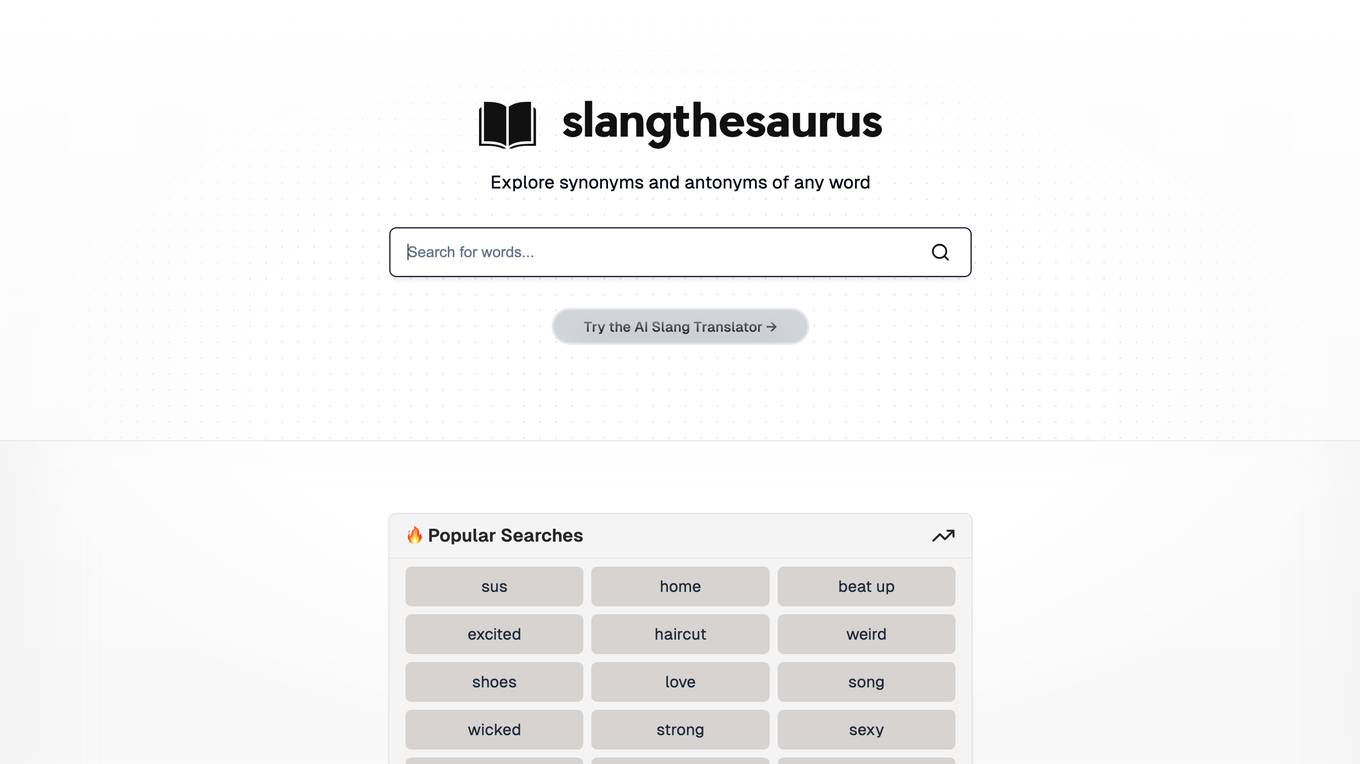
DeployManager
The website is a platform for managing software deployments. It allows users to control the deployment process, monitor progress, and make necessary adjustments. With a user-friendly interface, it simplifies the complex task of deploying software applications. The platform provides real-time updates and notifications to keep users informed about the status of their deployments.
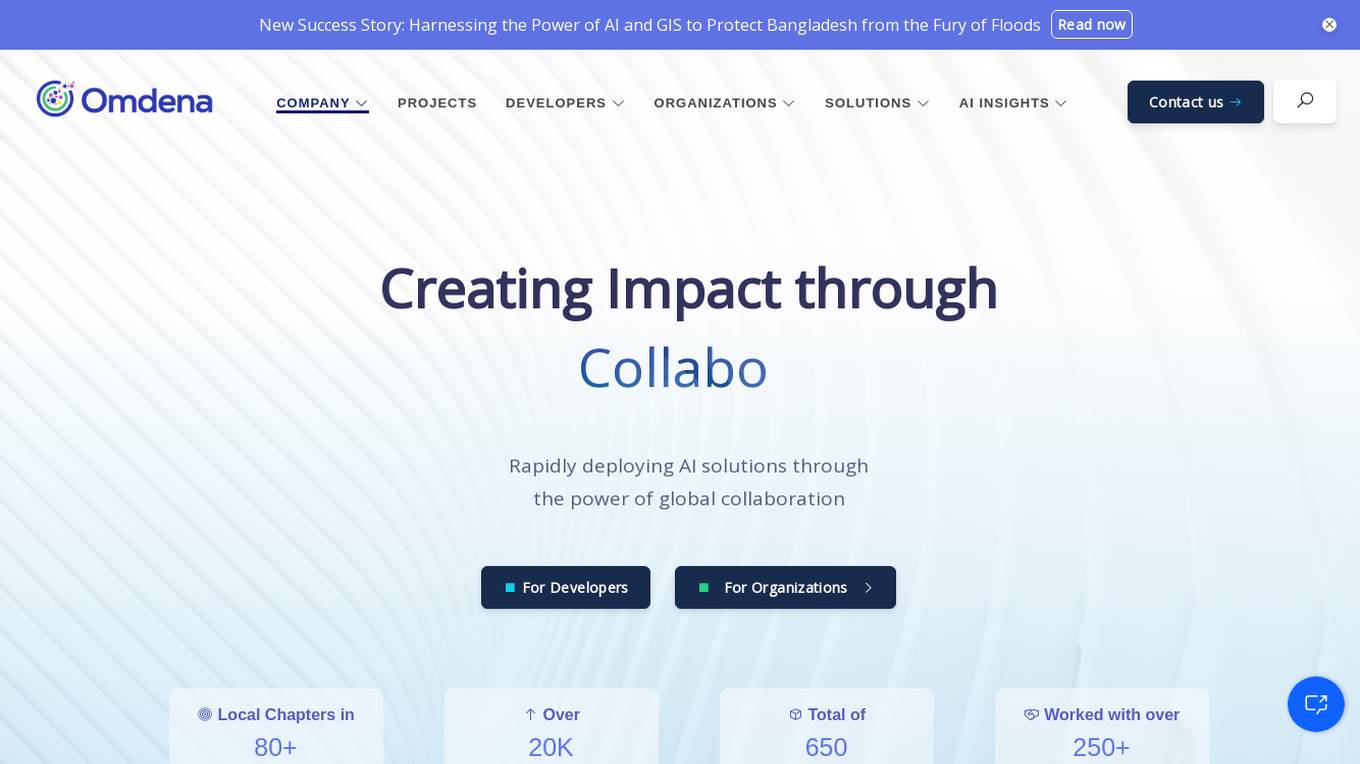
Omdena
Omdena is an AI platform that focuses on building AI solutions for real-world problems through global collaboration. They offer services ranging from local AI development to enterprise-level products, fostering talent development, and enabling AI professionals to make a positive impact. Omdena runs AI innovation challenges, deployment & product engineering, enterprise AI solutions, and grassroots AI initiatives. The platform empowers learners with quality education in machine learning and artificial intelligence, removing financial and geographic barriers. Omdena has successfully developed over 650 solutions, worked with 250+ organizations, and is trusted by impact-driven organizations worldwide.
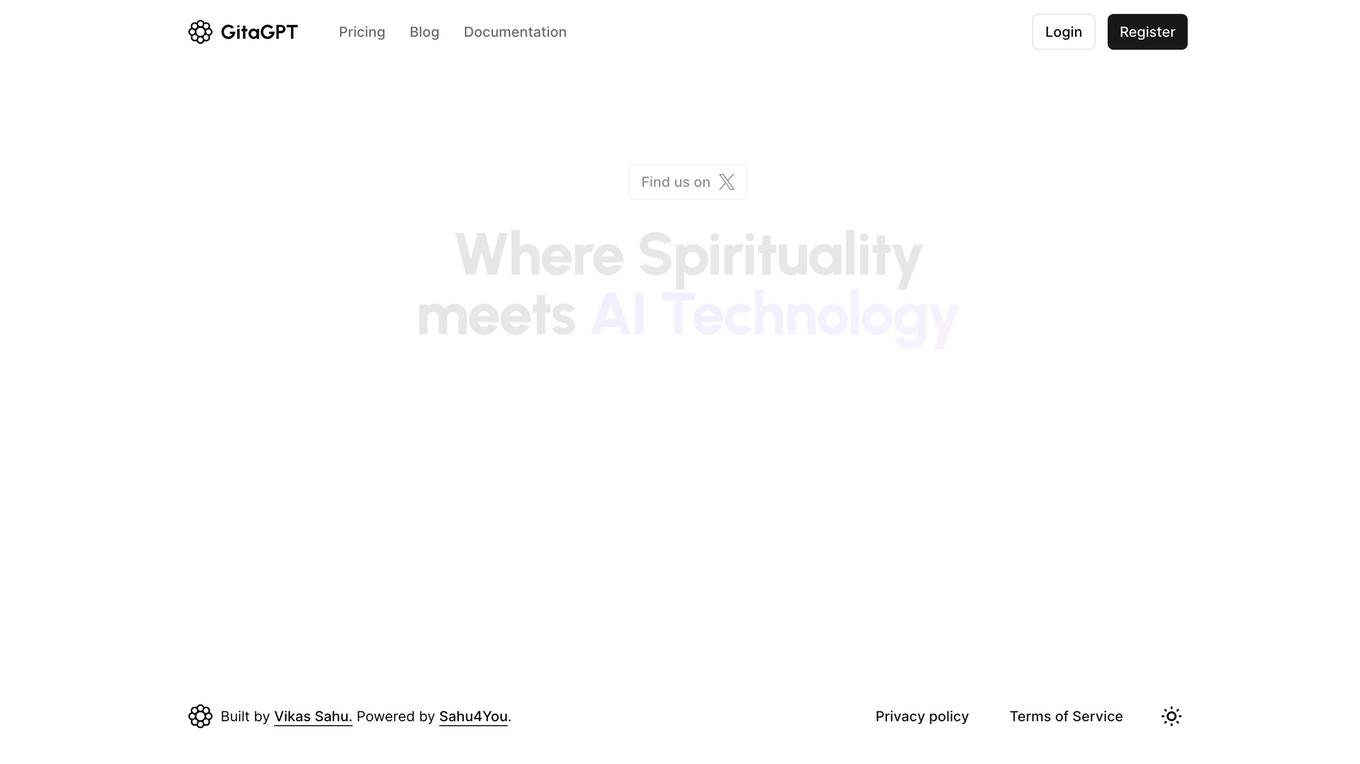
Deployment Manager
The website is a platform for managing software deployments. It allows users to control the deployment process, monitor progress, and make necessary adjustments. Users can easily pause and resume deployments, ensuring smooth and efficient software releases. The platform provides detailed insights and analytics to help users optimize their deployment strategies and improve overall efficiency.
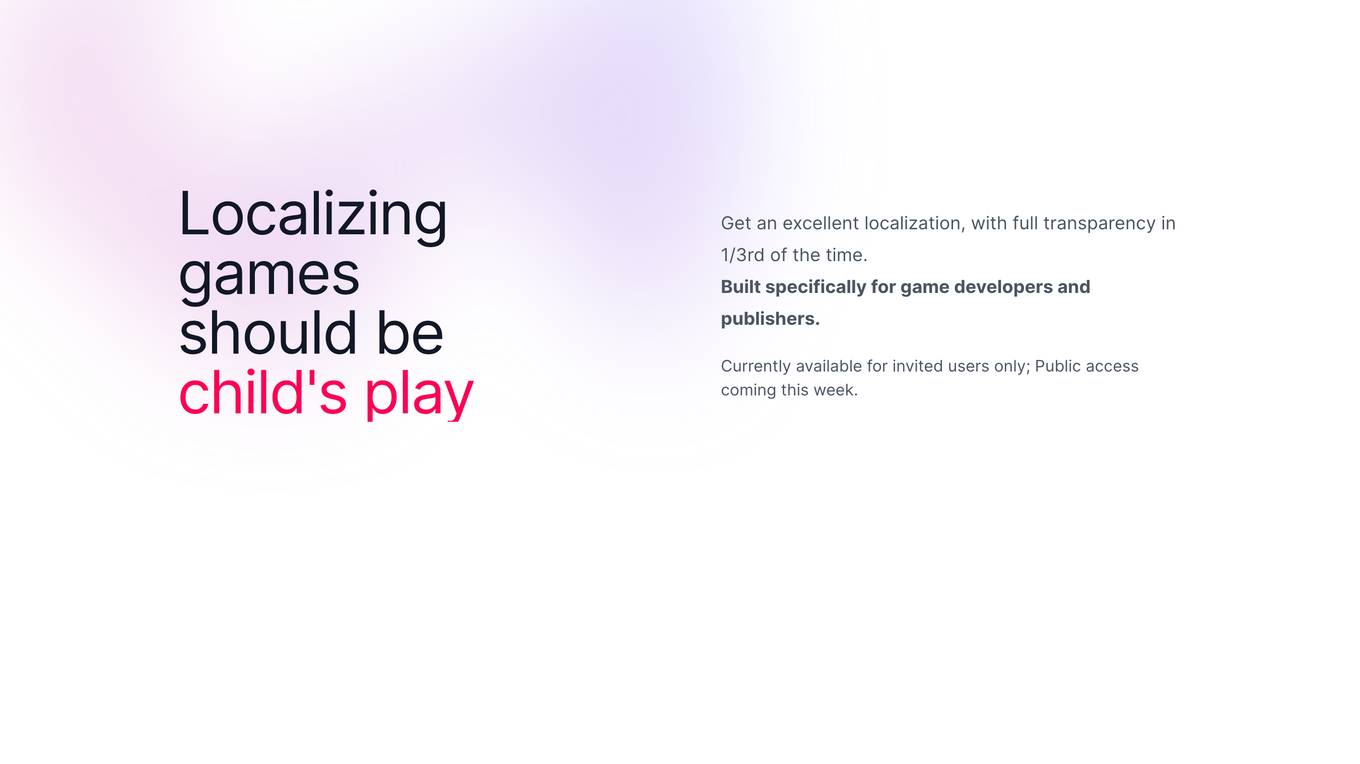
Deployment Manager
The website is a platform that facilitates deployment processes for software applications. It provides users with the ability to temporarily pause deployments, ensuring smooth and controlled release cycles. The platform offers a seamless experience for managing deployment tasks efficiently and effectively.
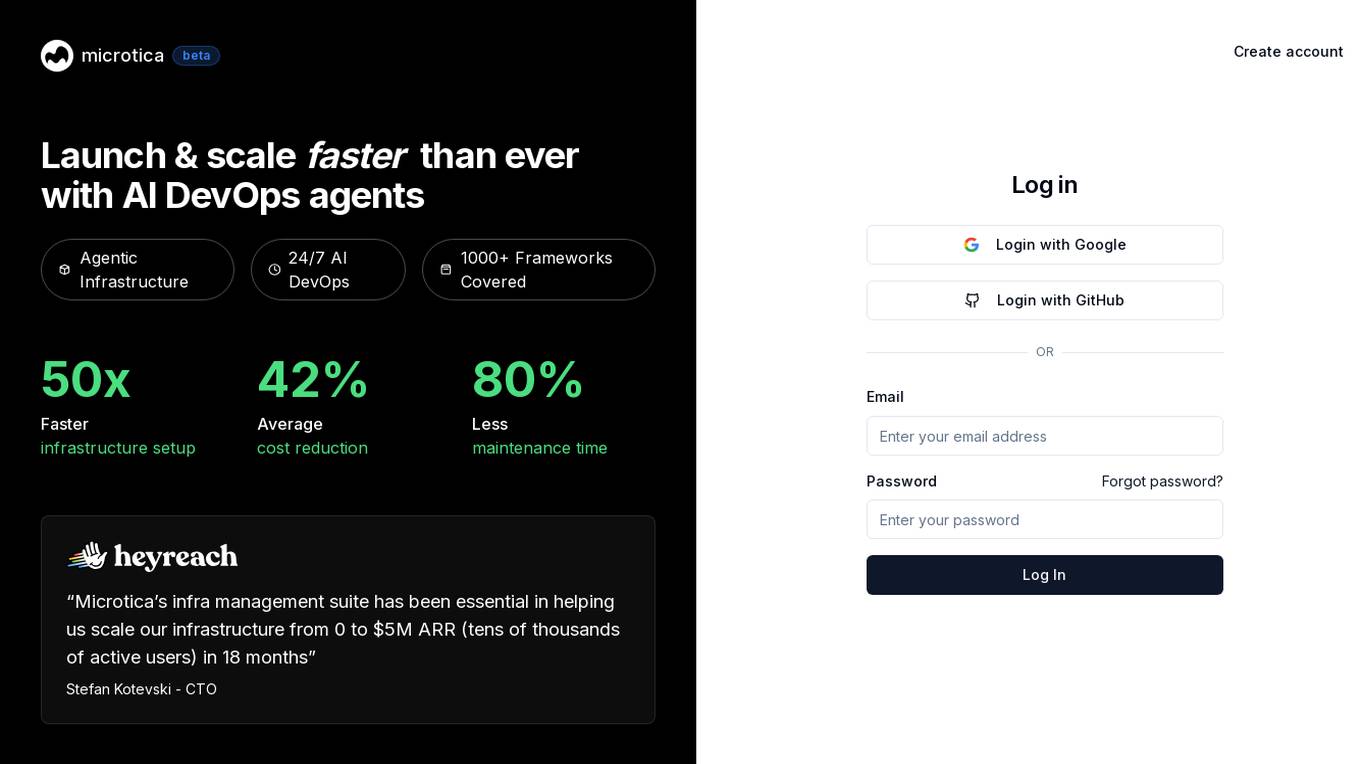
Microtica AI Deployment Tool
Microtica AI Deployment Tool is an advanced platform that leverages artificial intelligence to streamline the deployment process of cloud infrastructure. The tool offers features such as incident investigation with AI assistance, designing and deploying cloud infrastructure using natural language, and automated deployments. With Microtica, users can easily analyze logs, metrics, and system state to identify root causes and solutions, as well as get infrastructure-as-code and architecture diagrams. The platform aims to simplify the deployment process and enhance productivity by integrating AI capabilities into the workflow.

Render
Render is a platform that simplifies the deployment and scaling of web applications and services. It provides a seamless experience for developers to launch their applications quickly and efficiently. With Render, users can easily manage their infrastructure, monitor performance, and ensure high availability of their applications. The platform offers a range of features to streamline the deployment process and optimize the performance of web applications.

404 Error Finder
The website displays a 404 error message indicating that the deployment cannot be found. It provides a code (DEPLOYMENT_NOT_FOUND) and an ID (sfo1::ncg7q-1770918099254-dd1178523b2c) for reference. Users are directed to check the documentation for further information and troubleshooting.
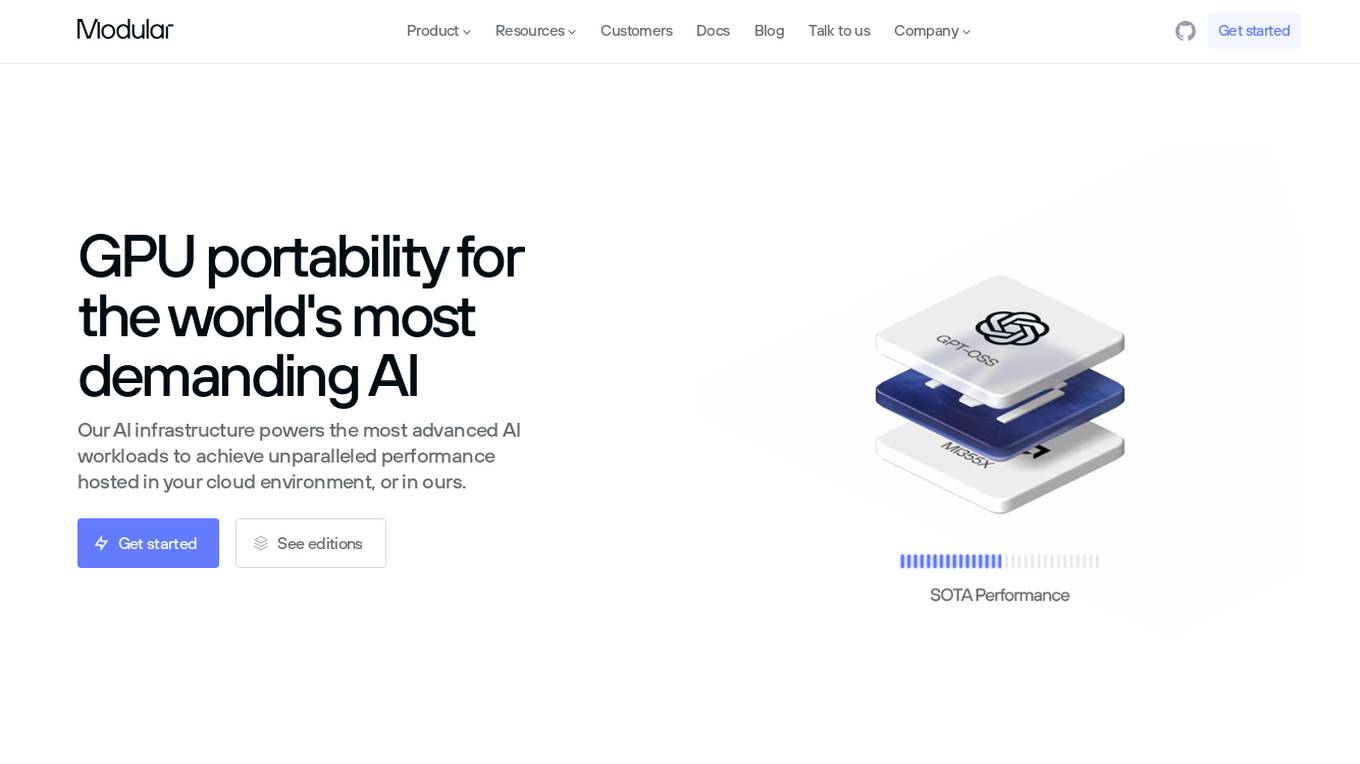
Modular
Modular is a fast, scalable Gen AI inference platform that offers a comprehensive suite of tools and resources for AI development and deployment. It provides solutions for AI model development, deployment options, AI inference, research, and resources like documentation, models, tutorials, and step-by-step guides. Modular supports GPU and CPU performance, intelligent scaling to any cluster, and offers deployment options for various editions. The platform enables users to build agent workflows, utilize AI retrieval and controlled generation, develop chatbots, engage in code generation, and improve resource utilization through batch processing.
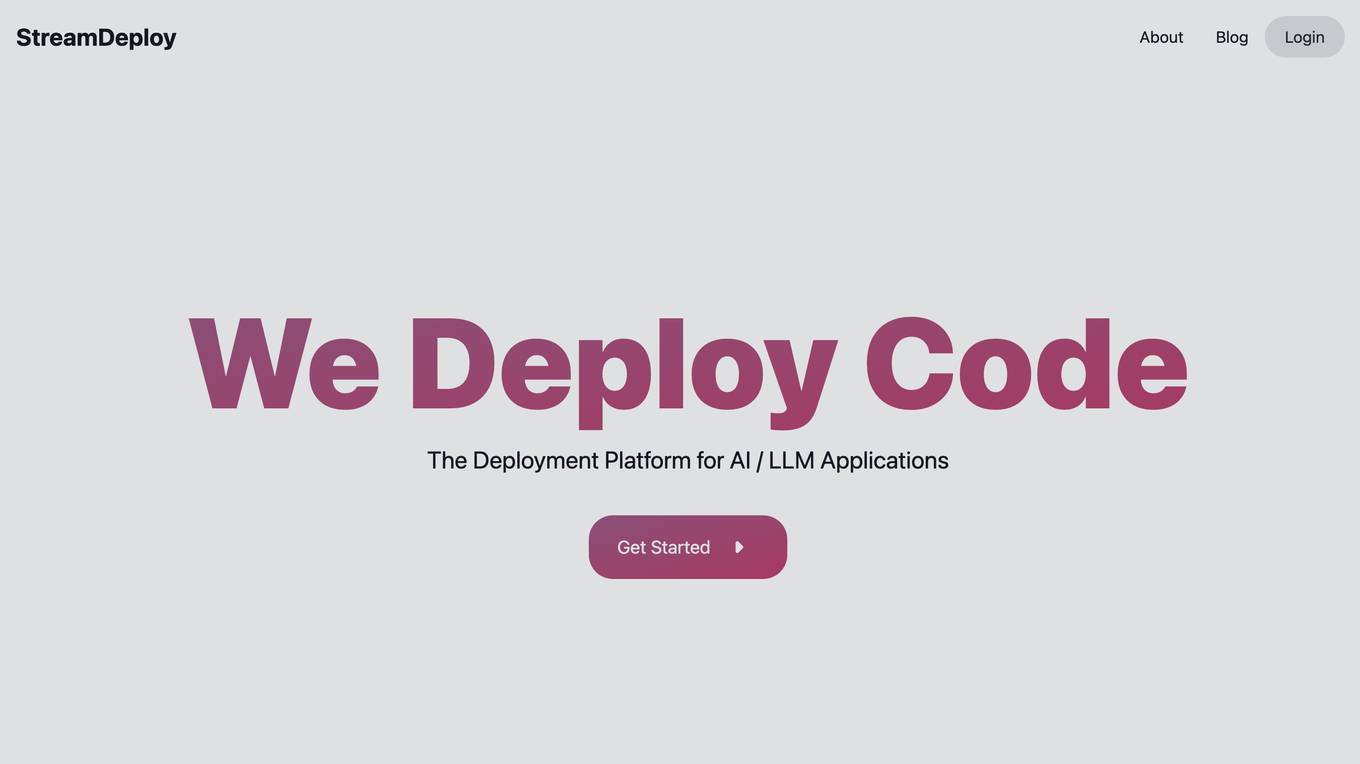
StreamDeploy
StreamDeploy is an AI-powered cloud deployment platform designed to streamline and secure application deployment for agile teams. It offers a range of features to help developers maximize productivity and minimize costs, including a Dockerfile generator, automated security checks, and support for continuous integration and delivery (CI/CD) pipelines. StreamDeploy is currently in closed beta, but interested users can book a demo or follow the company on Twitter for updates.
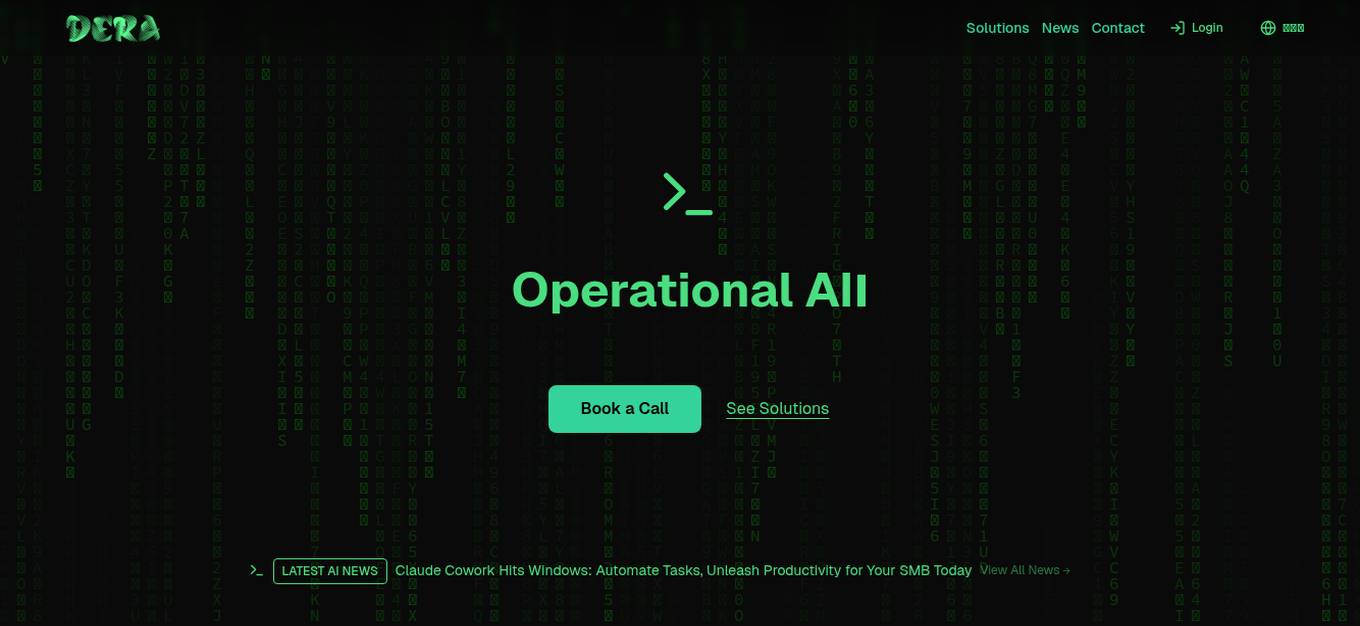
Dera
Dera is an AI application that focuses on providing AI solutions and news to AI practitioners and partners. The platform offers the latest AI news, updates, and tools to help users stay informed and enhance their AI development workflow. Dera aims to revolutionize the way AI practitioners work by providing a global platform with no language barriers, ensuring privacy and delivering valuable insights to its users.
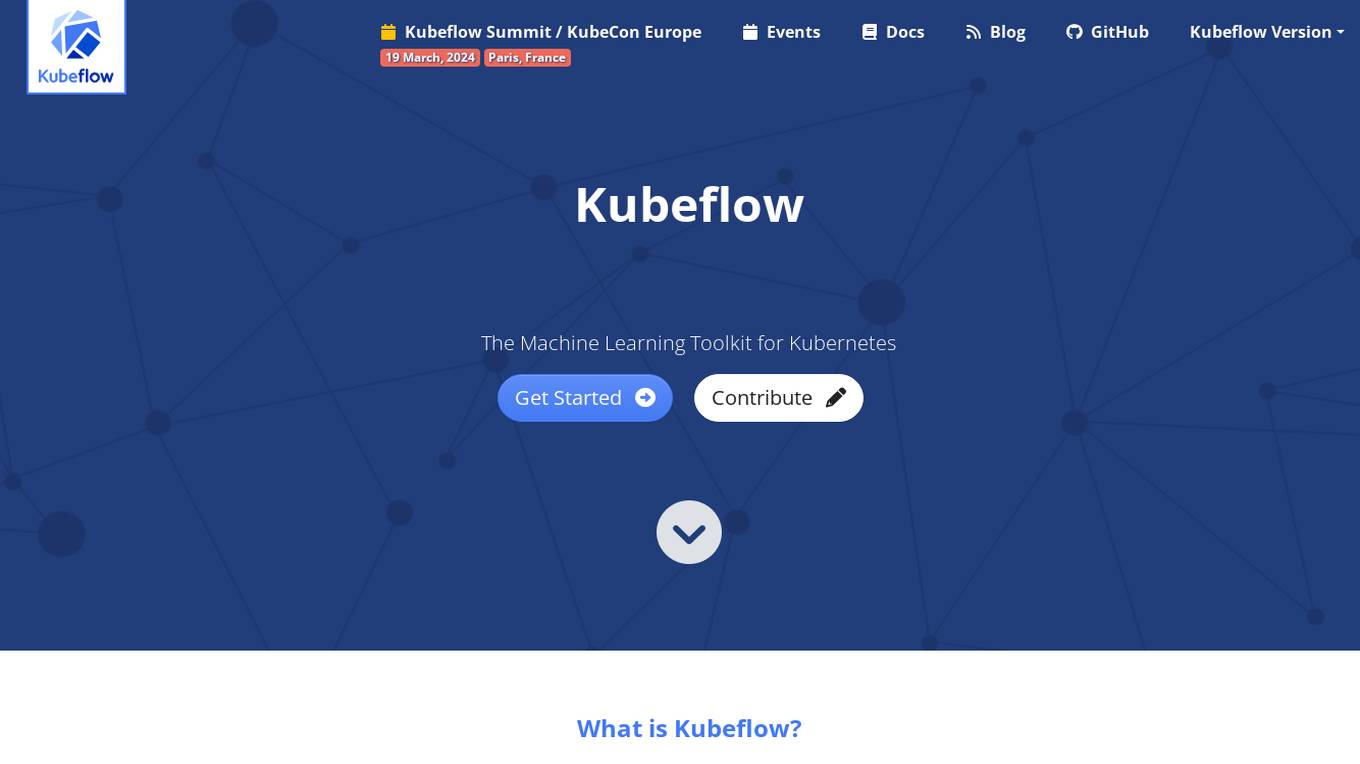
Kubeflow
Kubeflow is an open-source machine learning (ML) toolkit that makes deploying ML workflows on Kubernetes simple, portable, and scalable. It provides a unified interface for model training, serving, and hyperparameter tuning, and supports a variety of popular ML frameworks including PyTorch, TensorFlow, and XGBoost. Kubeflow is designed to be used with Kubernetes, a container orchestration system that automates the deployment, management, and scaling of containerized applications.
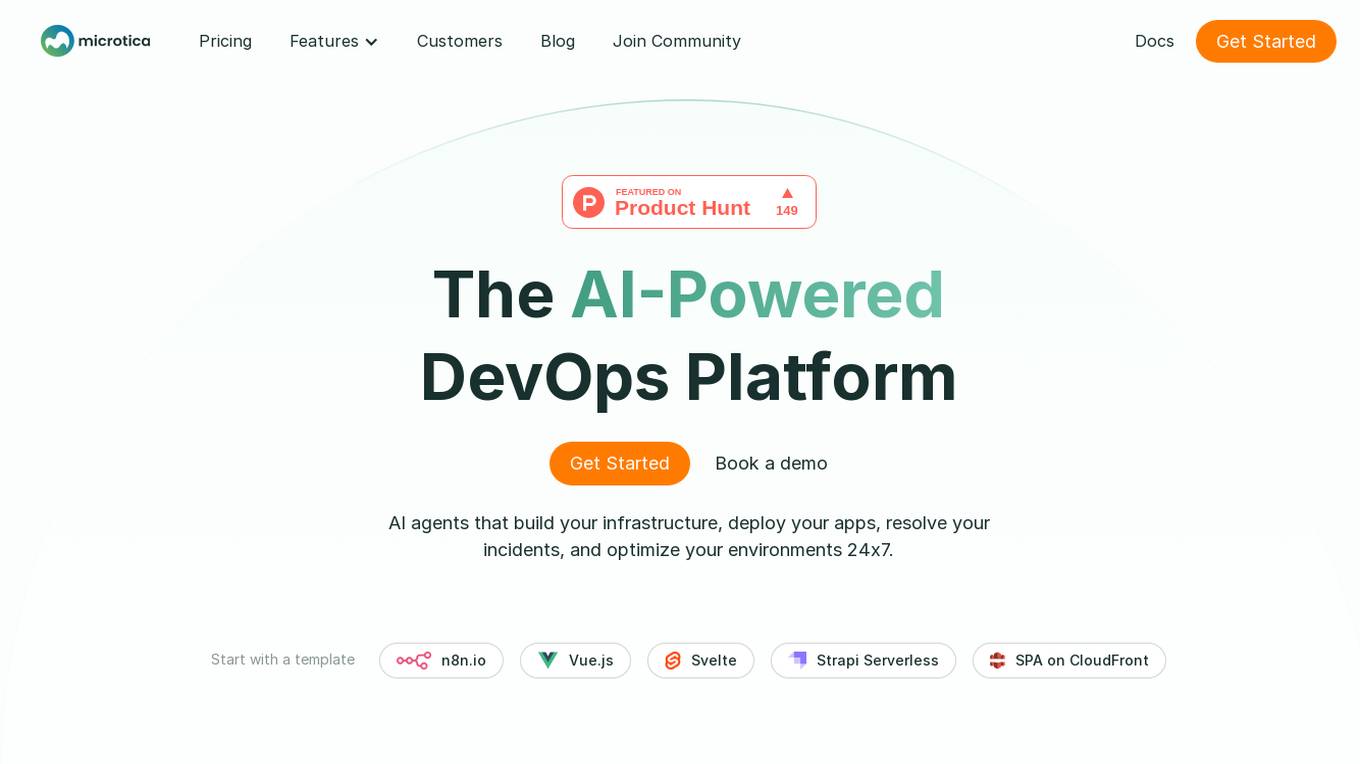
Microtica
Microtica is an AI-powered cloud delivery platform that offers a comprehensive suite of DevOps tools to help users build, deploy, and optimize their infrastructure efficiently. With features like AI Incident Investigator, AI Infrastructure Builder, Kubernetes deployment simplification, alert monitoring, pipeline automation, and cloud monitoring, Microtica aims to streamline the development and management processes for DevOps teams. The platform provides real-time insights, cost optimization suggestions, and guided deployments, making it a valuable tool for businesses looking to enhance their cloud infrastructure operations.

Digital.ai
Digital.ai is an AI-powered DevOps platform that helps organizations automate software releases, improve mobile application testing and security, and provide insights across the software lifecycle. The platform includes a suite of products that can be used to manage the complexities of software delivery, including analytics and intelligence, enterprise agile planning, application protection and security, continuous testing, release orchestration, and deployment automation.
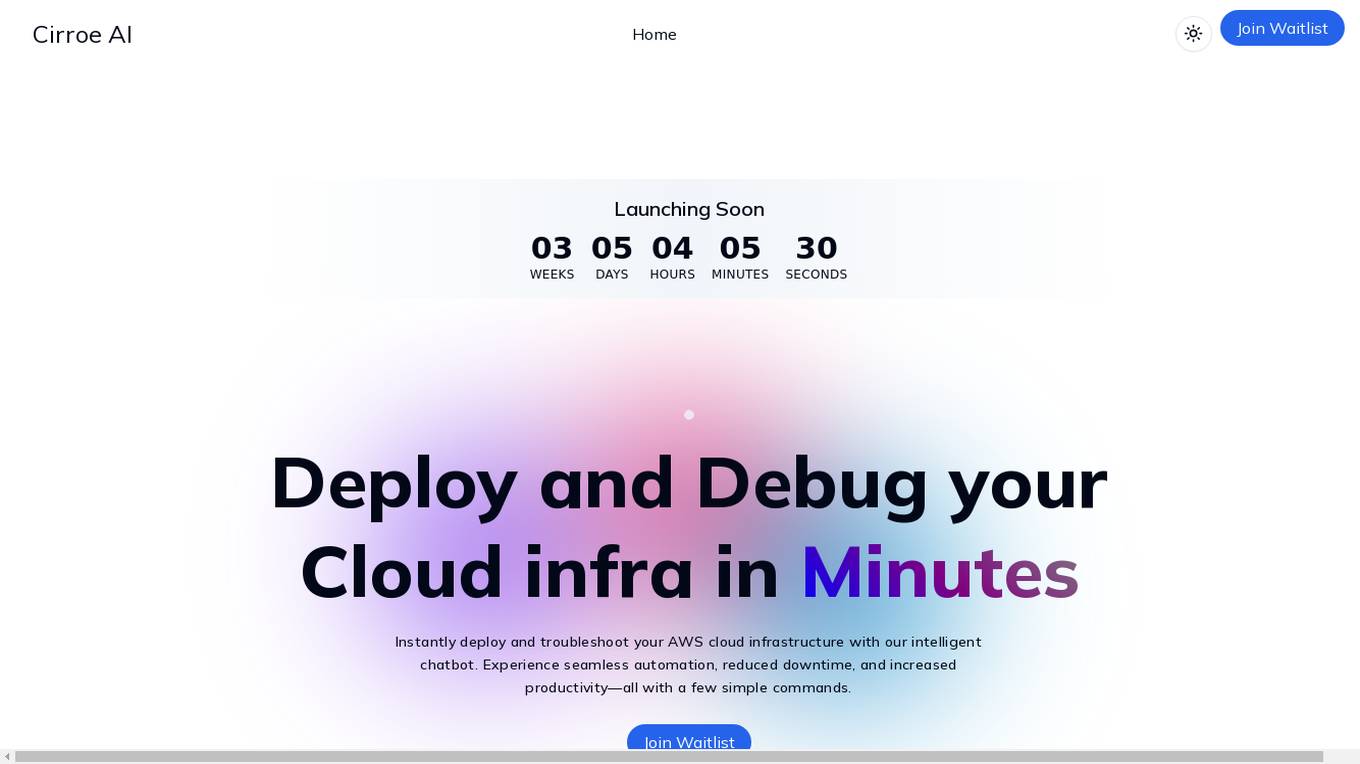
Cirroe AI
Cirroe AI is an intelligent chatbot designed to help users deploy and troubleshoot their AWS cloud infrastructure quickly and efficiently. With Cirroe AI, users can experience seamless automation, reduced downtime, and increased productivity by simplifying their AWS cloud operations. The chatbot allows for fast deployments, intuitive debugging, and cost-effective solutions, ultimately saving time and boosting efficiency in managing cloud infrastructure.
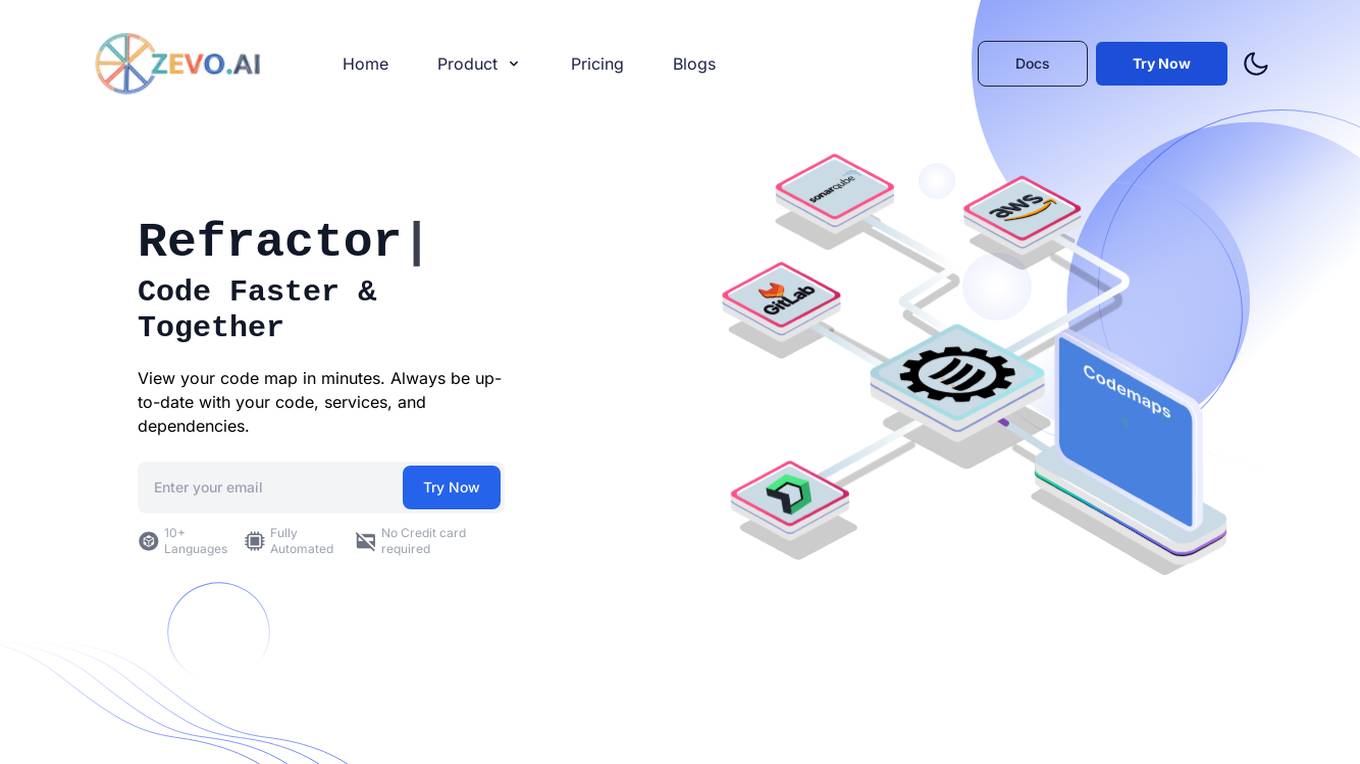
Zevo.ai
Zevo.ai is an AI-powered code visualization tool designed to accelerate code comprehension, deployment, and observation. It offers dynamic code analysis, contextual code understanding, and automatic code mapping to help developers streamline shipping, refactoring, and onboarding processes for both legacy and existing applications. By leveraging AI models, Zevo.ai provides deeper insights into code, logs, and cloud infrastructure, enabling developers to gain a better understanding of their codebase.
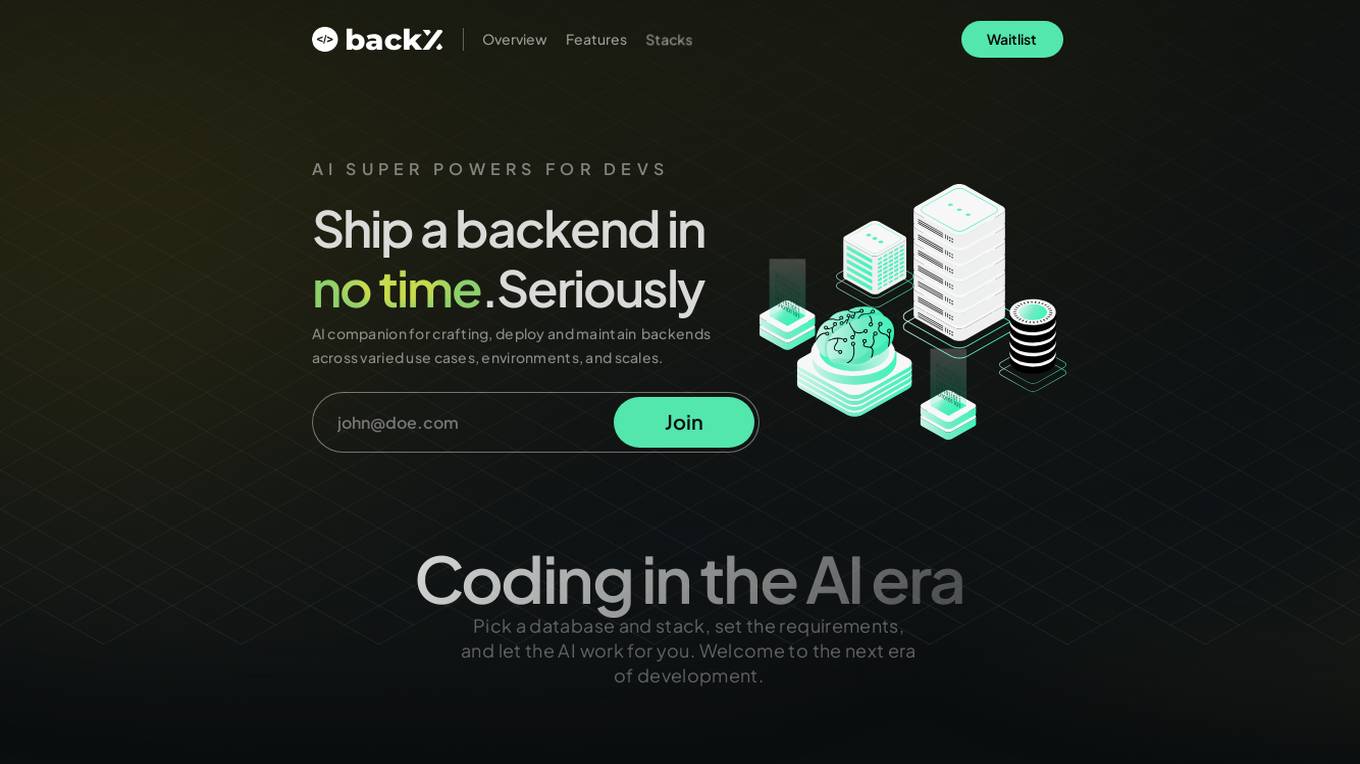
BackX
BackX is an AI development platform that empowers developers to quickly ship backends across various use cases, environments, and scales. It offers unparalleled accuracy, flexibility, and efficiency by overcoming the limitations of traditional AI-assisted programming. With features like one-click production-grade code, context-aware consistent code output, versioned artifacts, instant deploy, and a suite of AI-powered dev tools, BackX revolutionizes the backend development process. Developers can effortlessly design and manage databases, generate CRUD operations, implement complex business logic, and deploy serverless applications with ease. The platform aims to streamline development processes, increase cost-effectiveness, and provide more accurate outputs than traditional methods.
1 - Open Source Tools
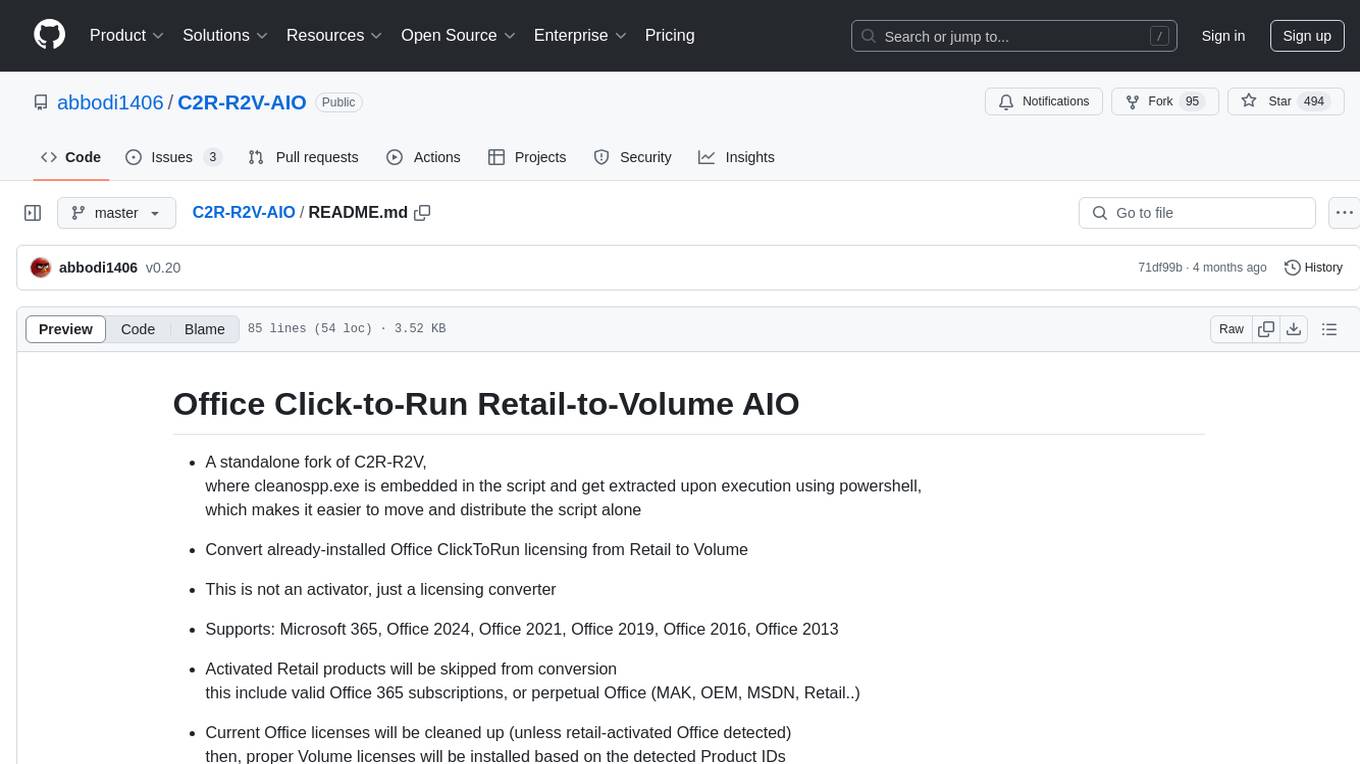
C2R-R2V-AIO
C2R-R2V-AIO is a standalone fork of C2R-R2V that converts already-installed Office ClickToRun licensing from Retail to Volume. It embeds cleanospp.exe in the script for easy distribution. It supports various Microsoft Office versions and properly handles license conversion based on detected Product IDs. The tool ensures that activated Retail products are skipped and that proper Volume licenses are installed. It also handles Office suites and individual apps conversions, including logic for different Office versions and suites.
20 - OpenAI Gpts
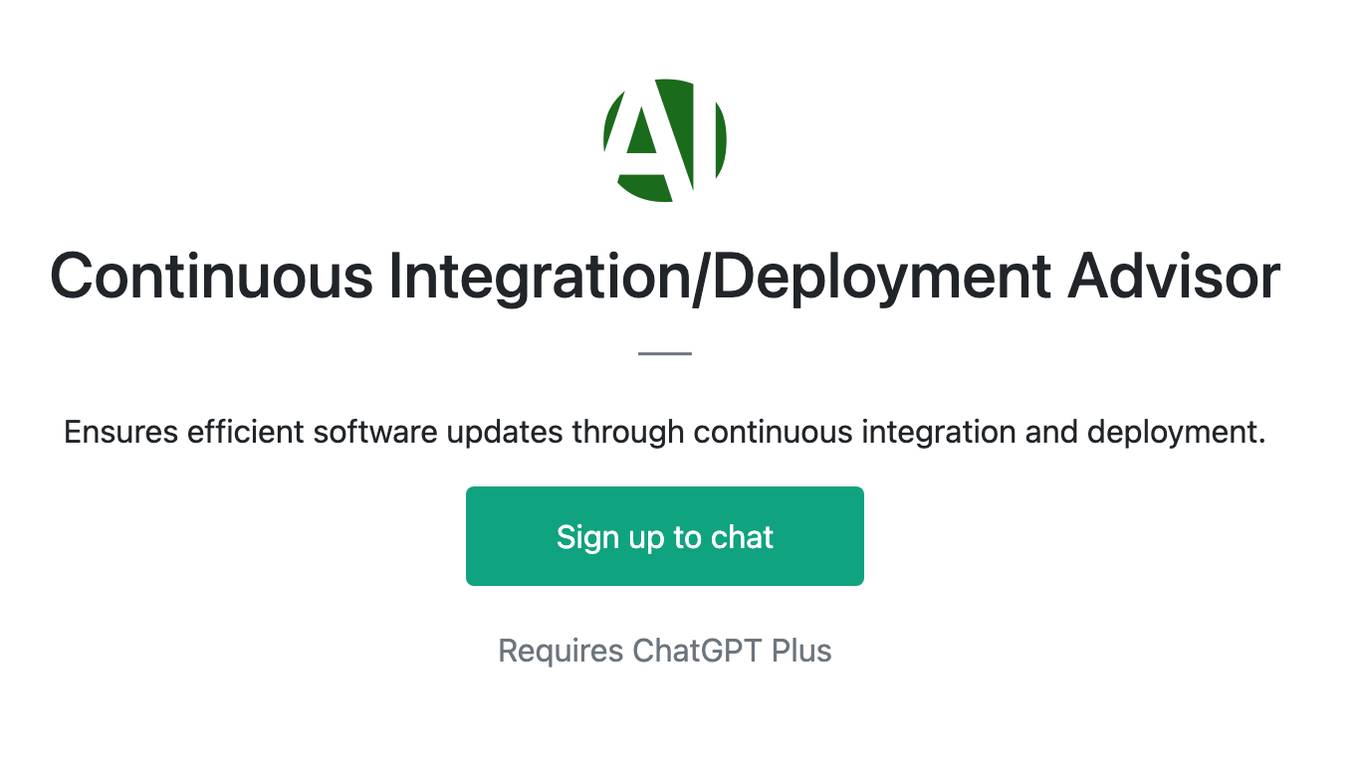
Continuous Integration/Deployment Advisor
Ensures efficient software updates through continuous integration and deployment.
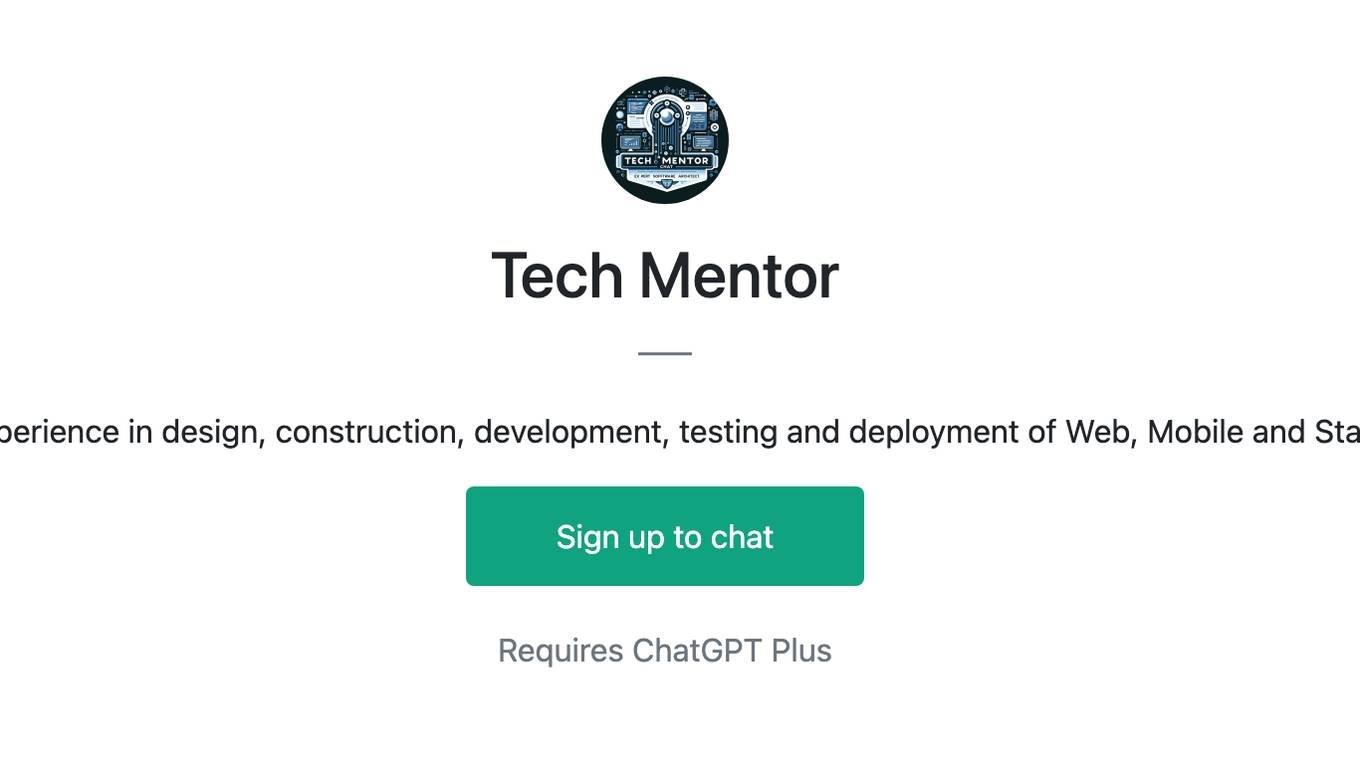
Tech Mentor
Expert software architect with experience in design, construction, development, testing and deployment of Web, Mobile and Standalone software architectures
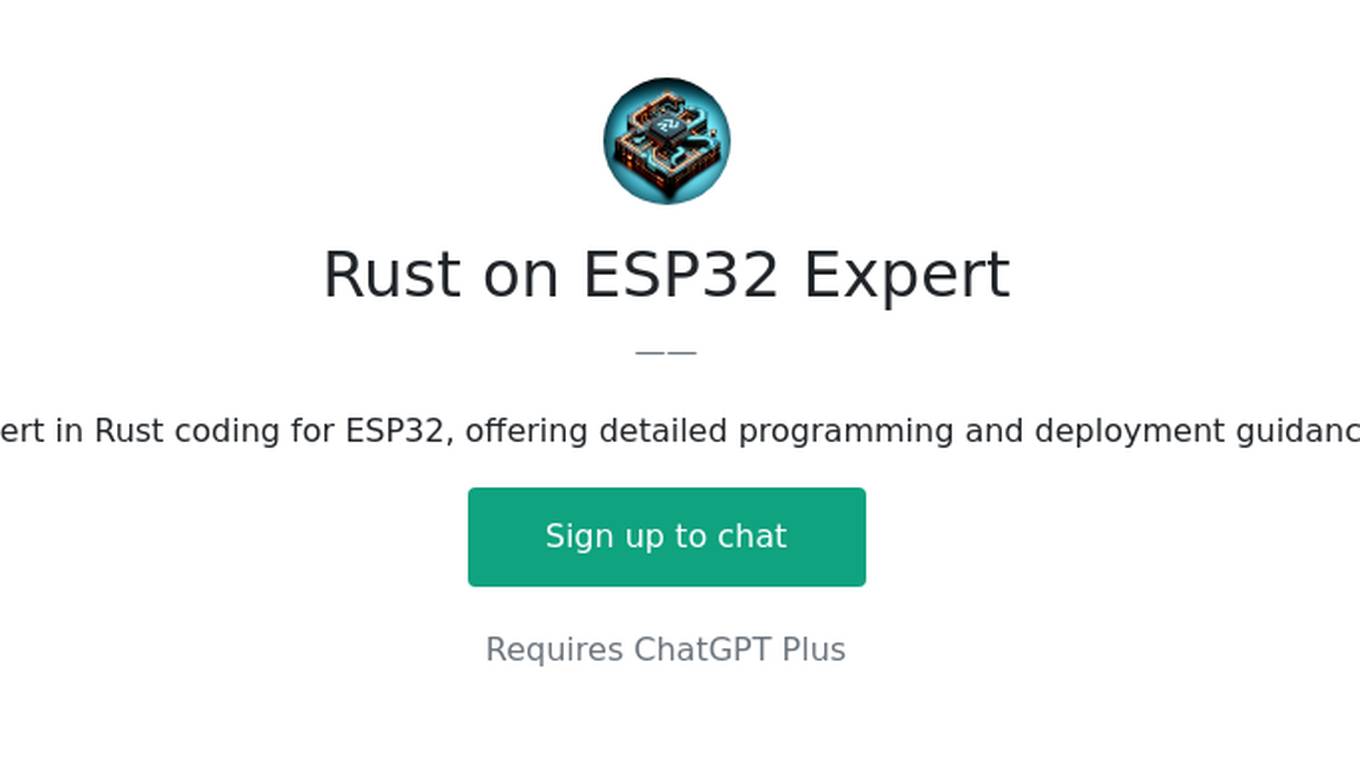
Rust on ESP32 Expert
Expert in Rust coding for ESP32, offering detailed programming and deployment guidance.
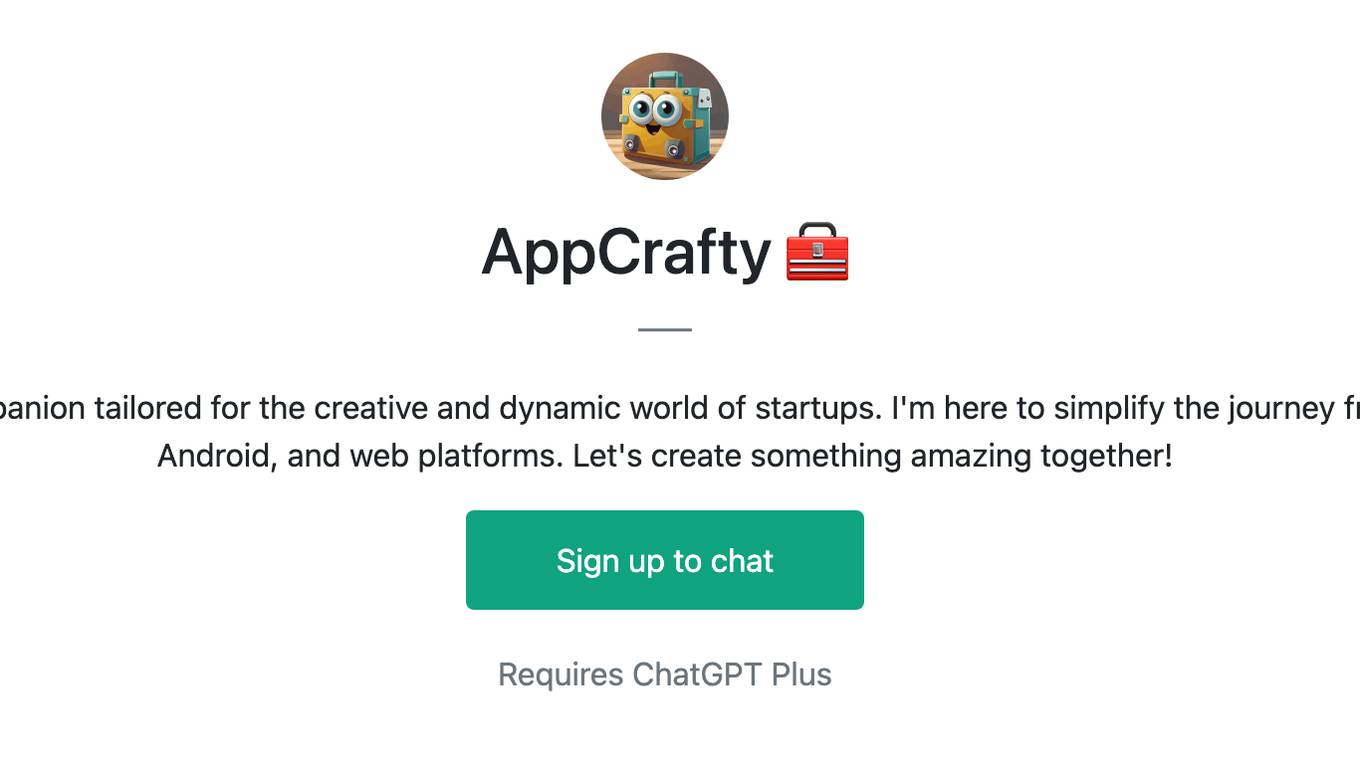
AppCrafty 🧰
Hello, I'm AppCrafty, your AI coding companion tailored for the creative and dynamic world of startups. I'm here to simplify the journey from concept to deployment across iOS, Android, and web platforms. Let's create something amazing together!
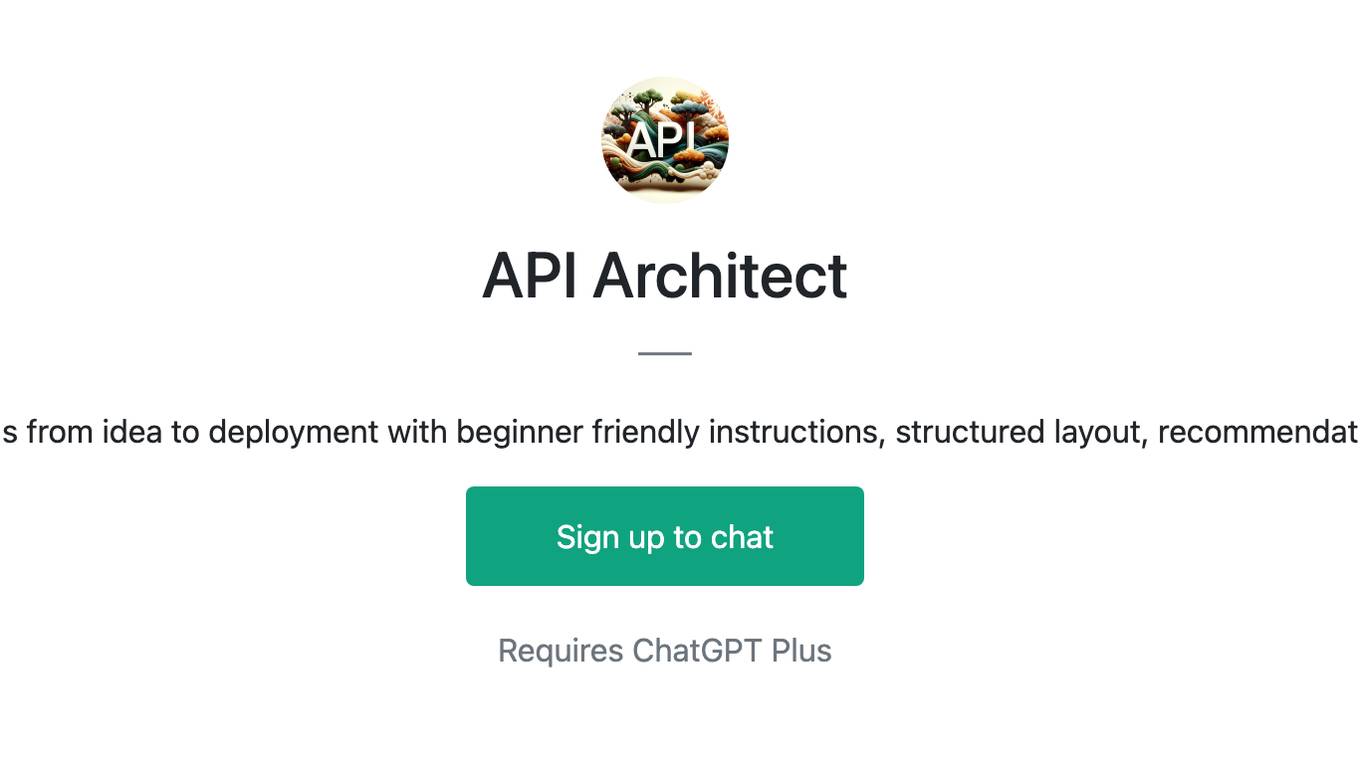
API Architect
Create APIs from idea to deployment with beginner friendly instructions, structured layout, recommendations, etc
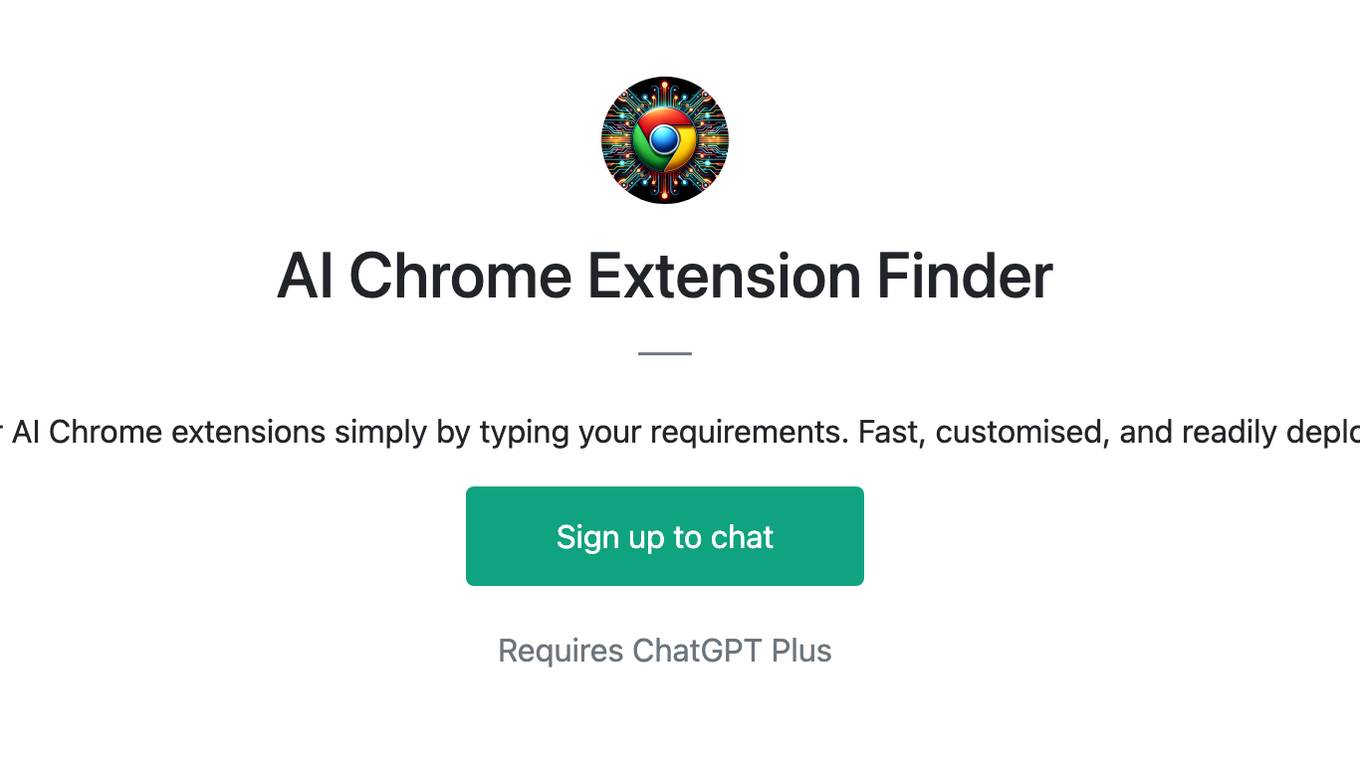
AI Chrome Extension Finder
Discover AI Chrome extensions simply by typing your requirements. Fast, customised, and readily deployable!
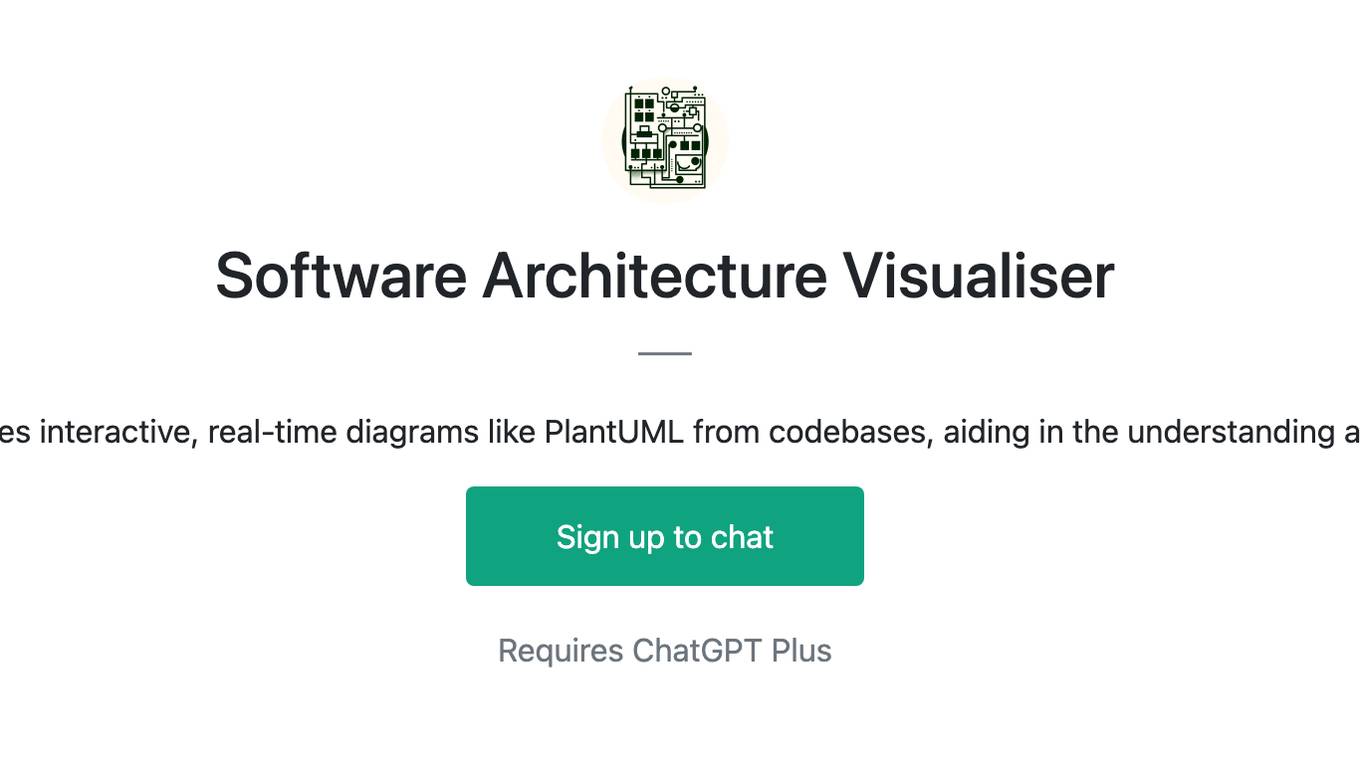
Software Architecture Visualiser
A tool that automatically generates interactive, real-time diagrams like PlantUML from codebases, aiding in the understanding and design of software systems
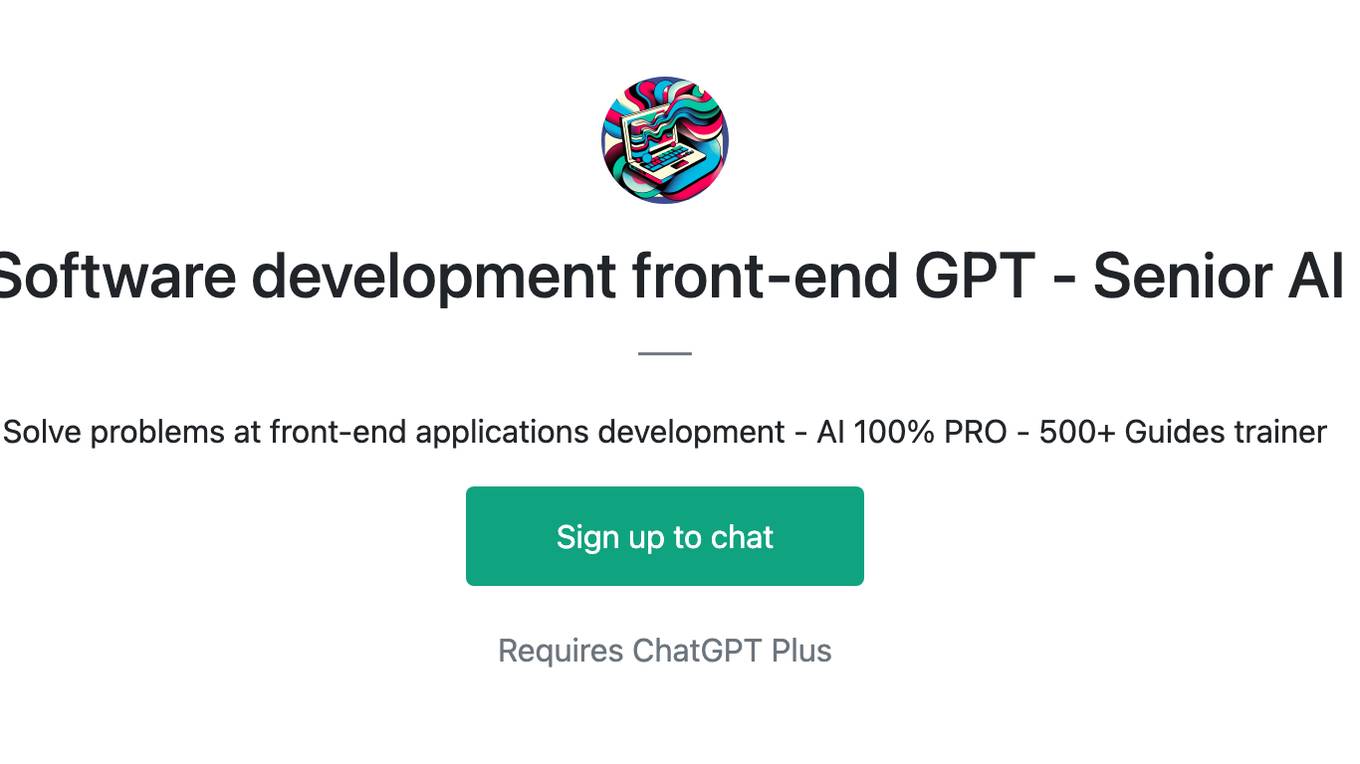
Software development front-end GPT - Senior AI
Solve problems at front-end applications development - AI 100% PRO - 500+ Guides trainer
